
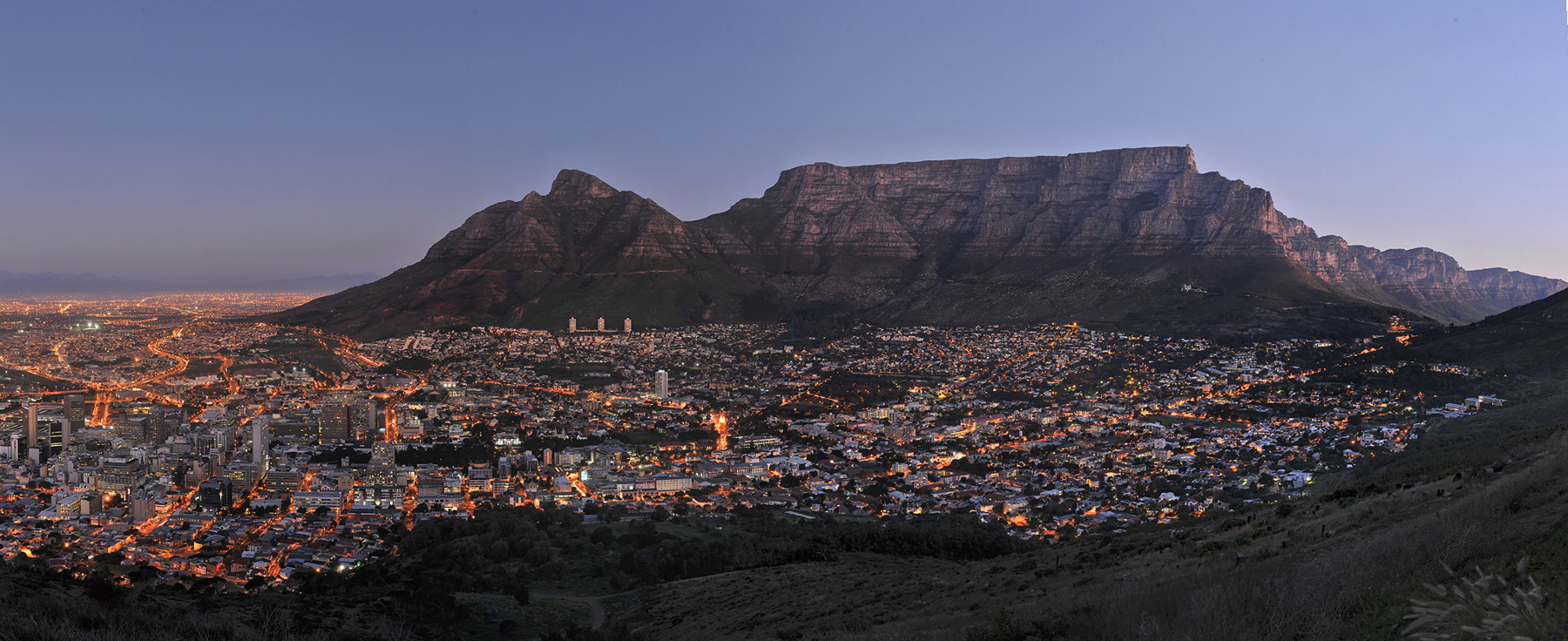
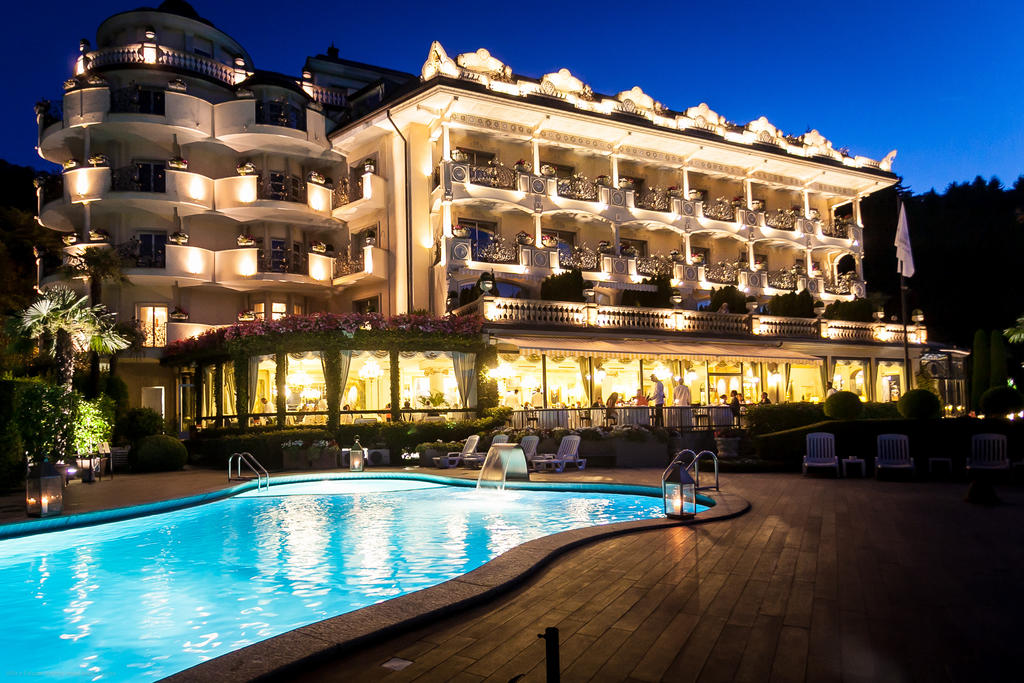
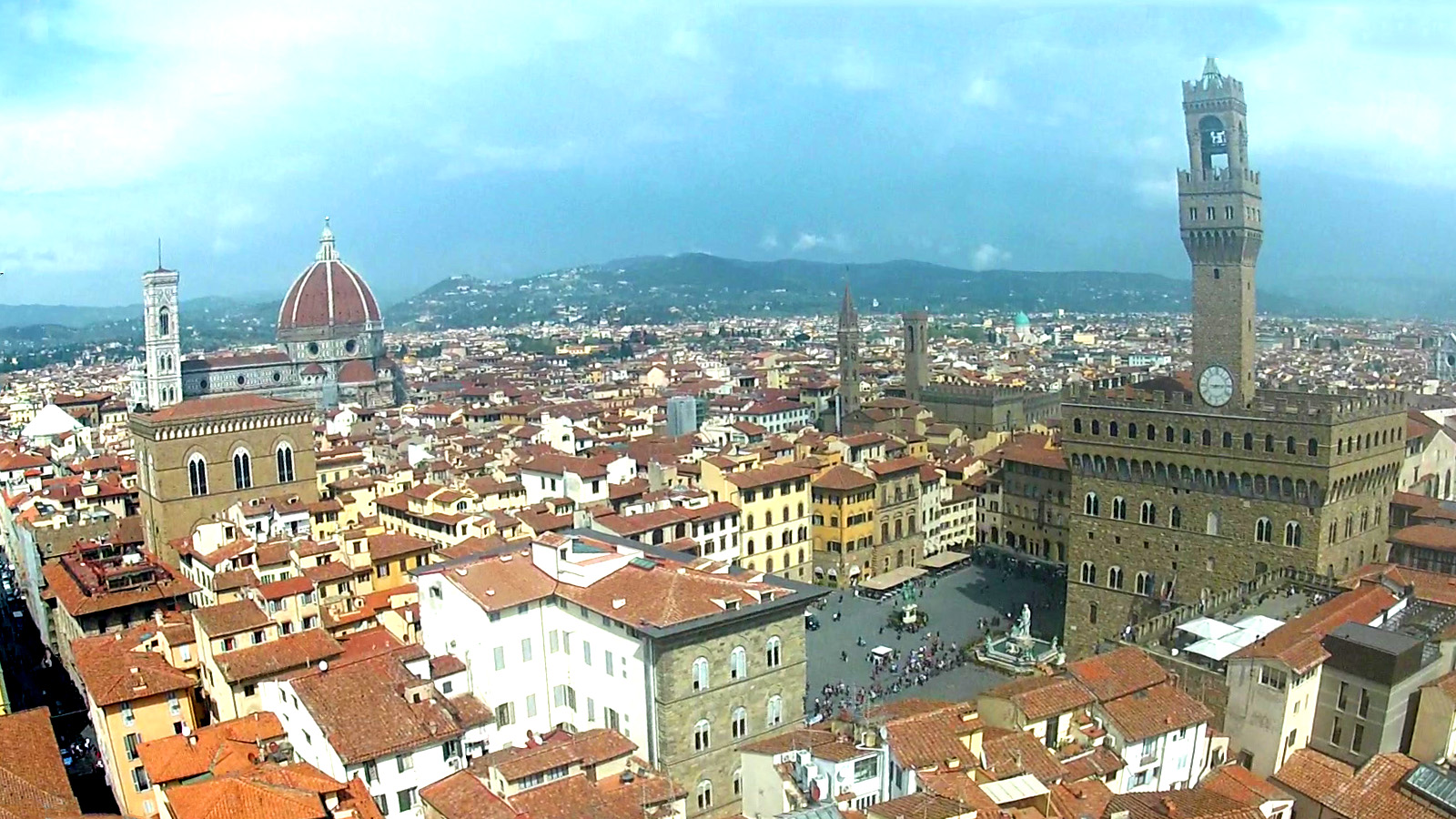

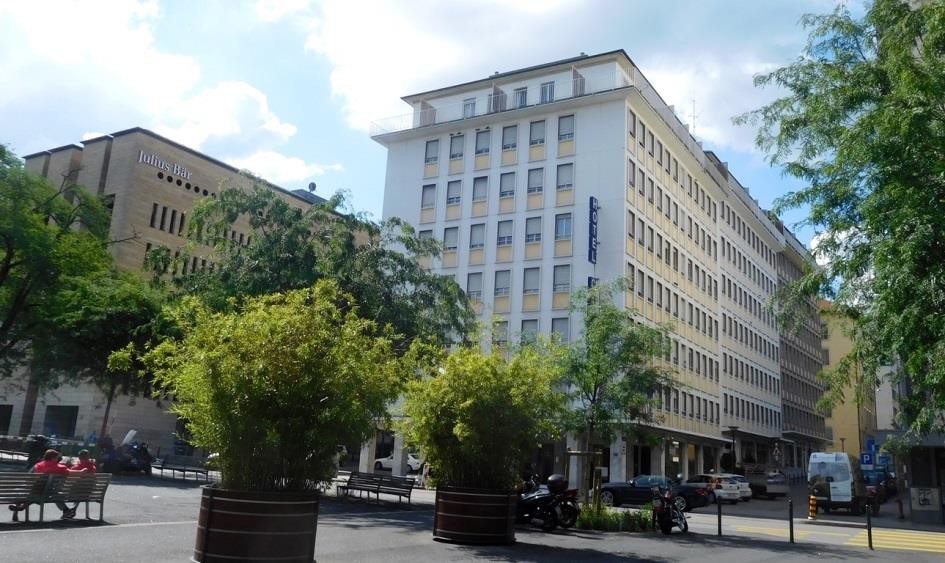
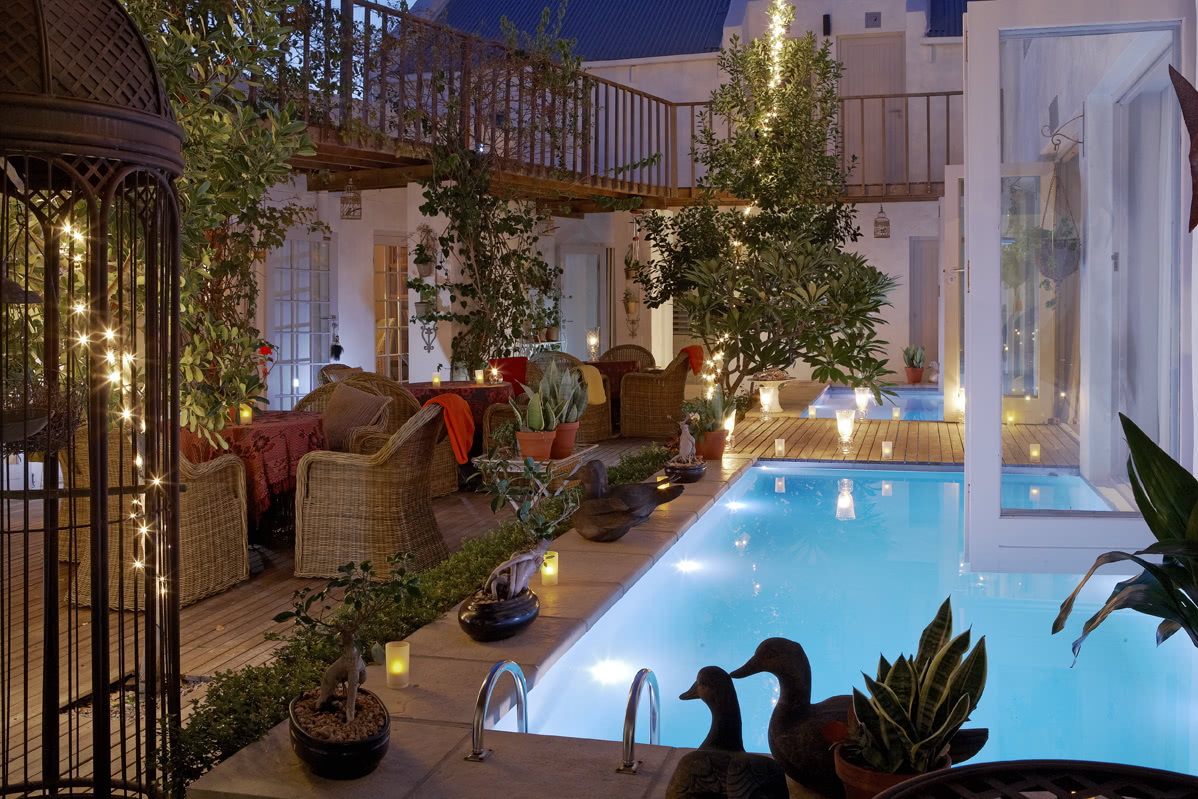
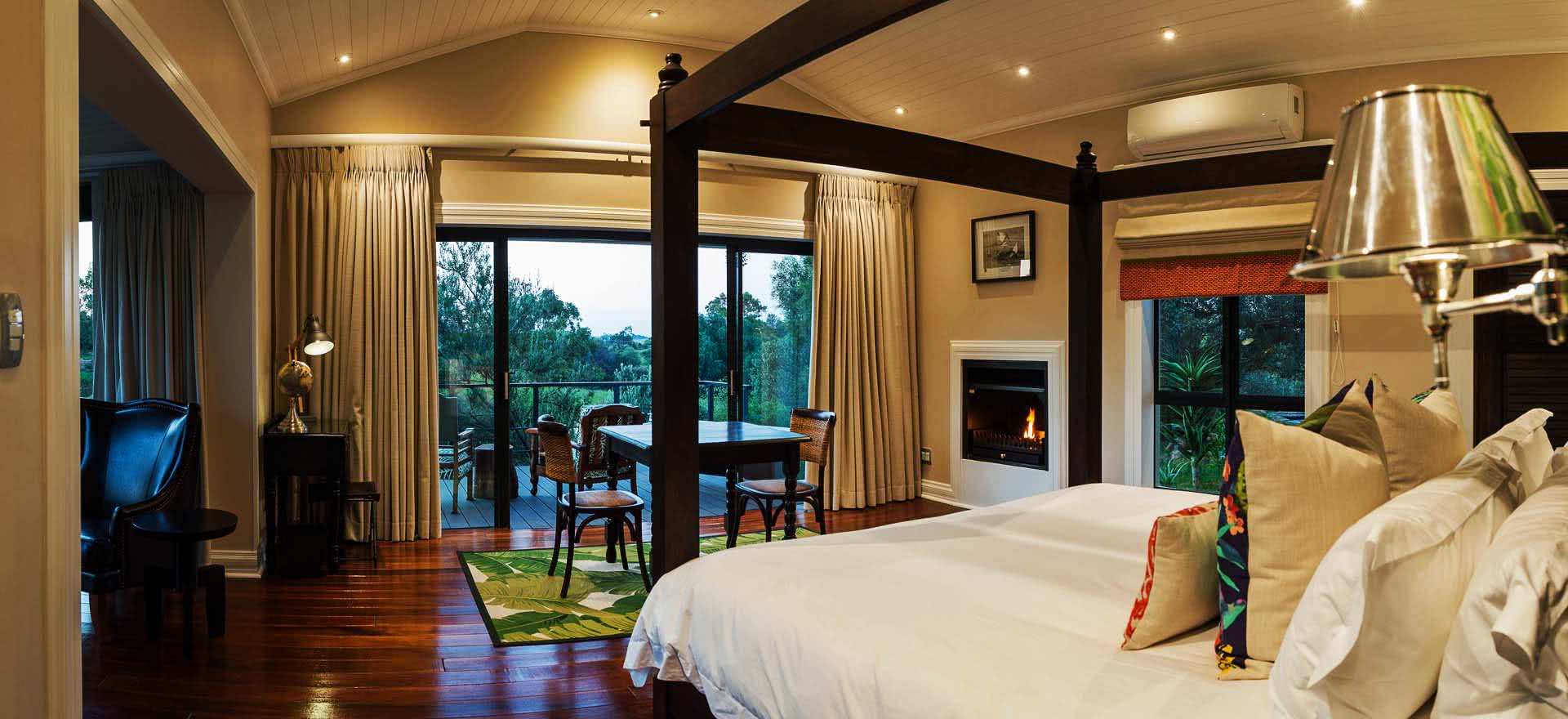
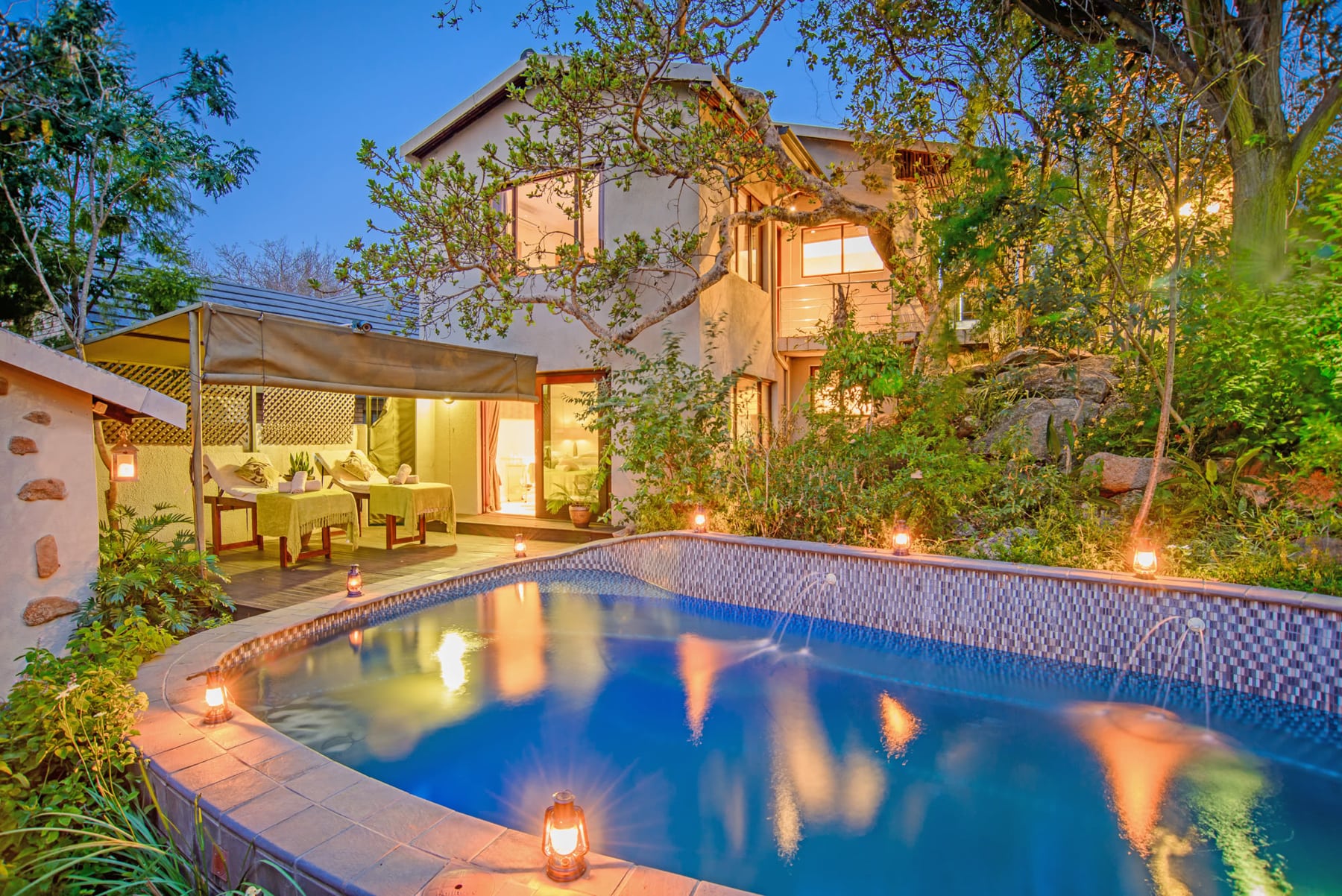

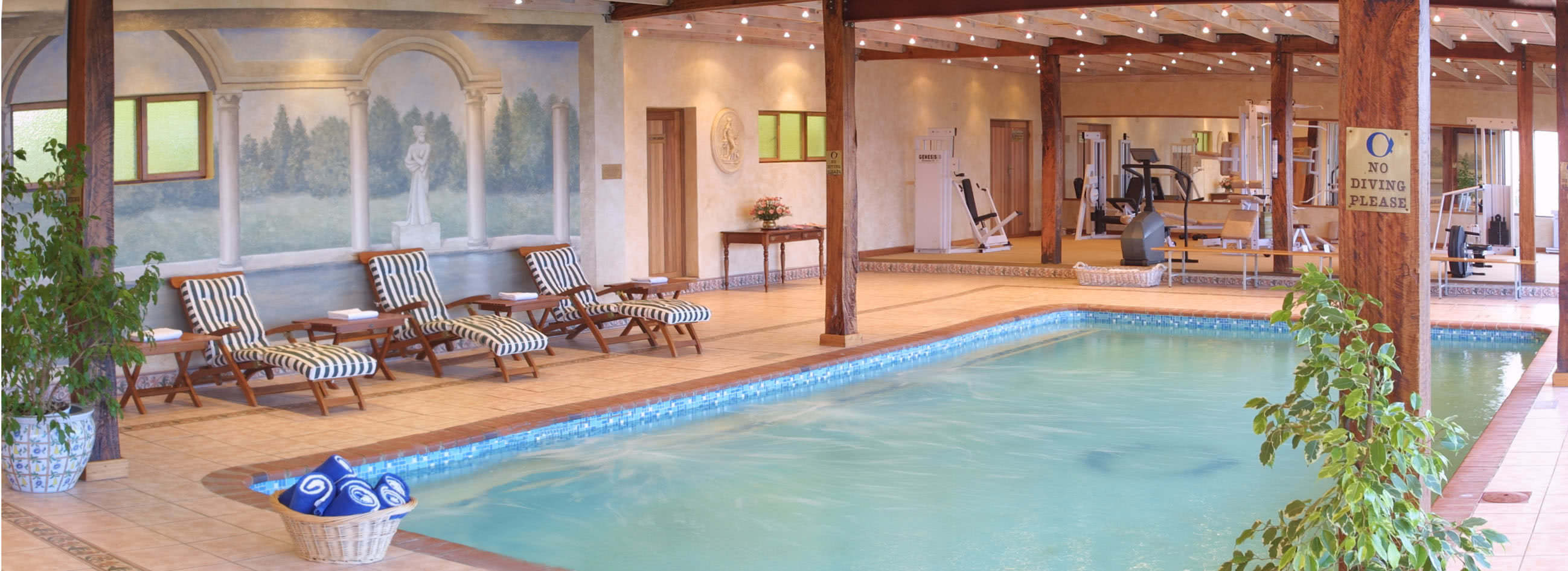
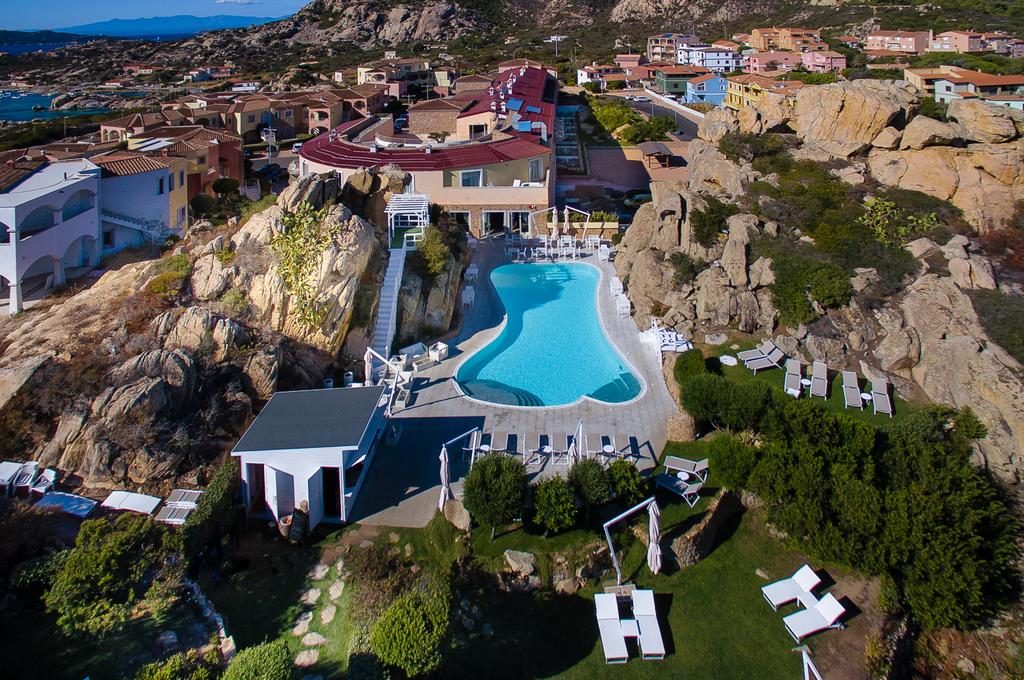
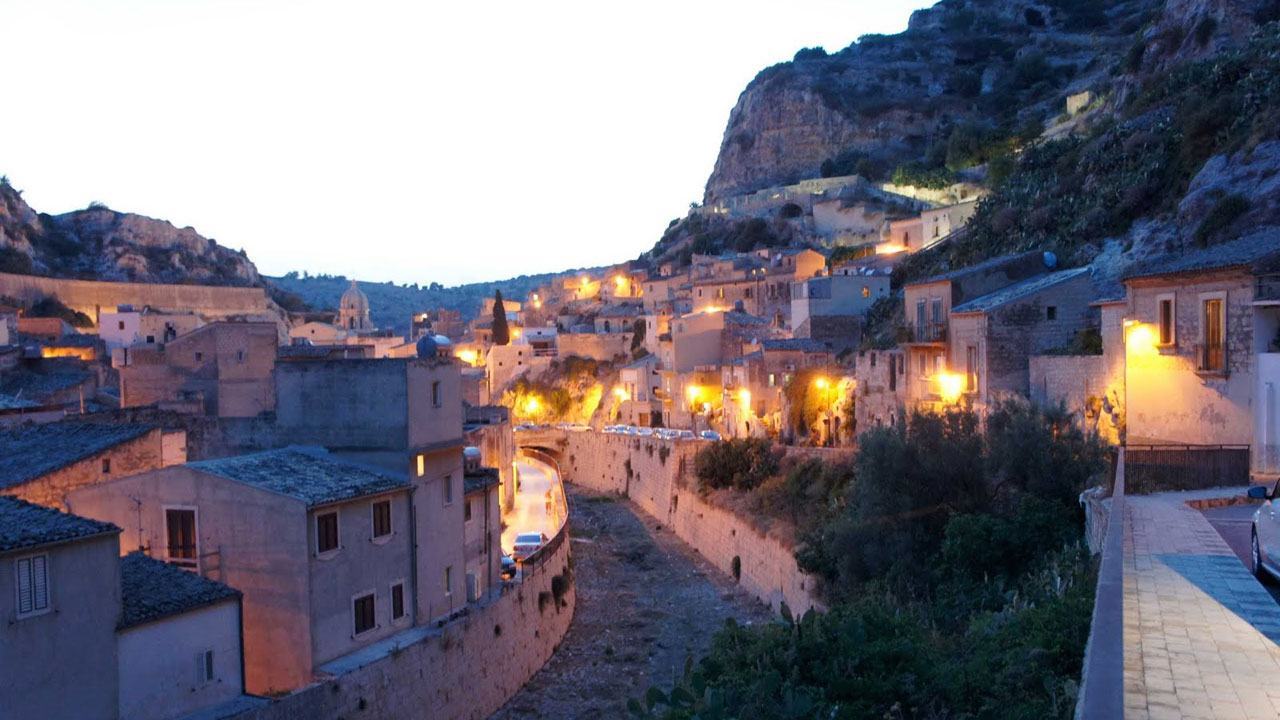
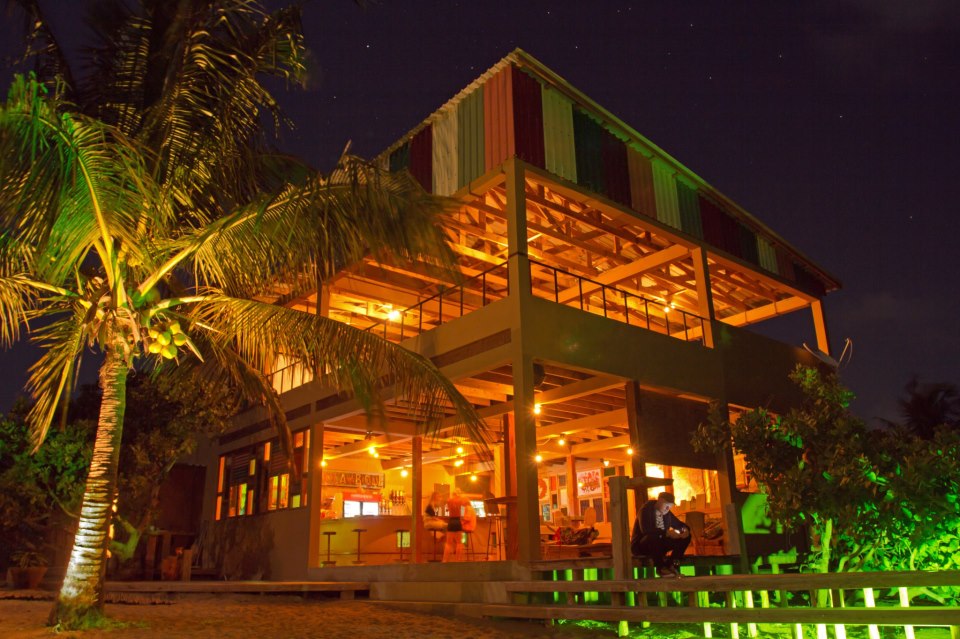
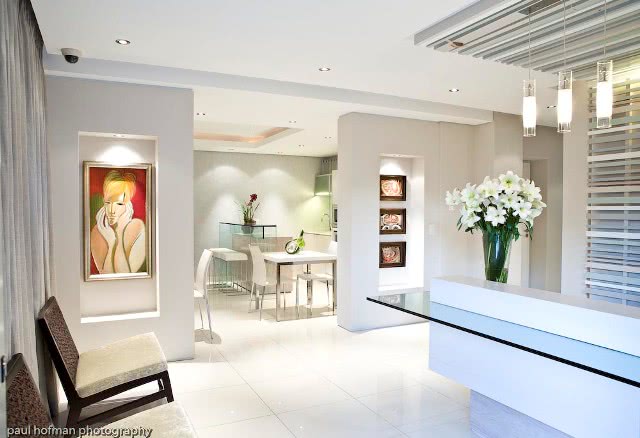
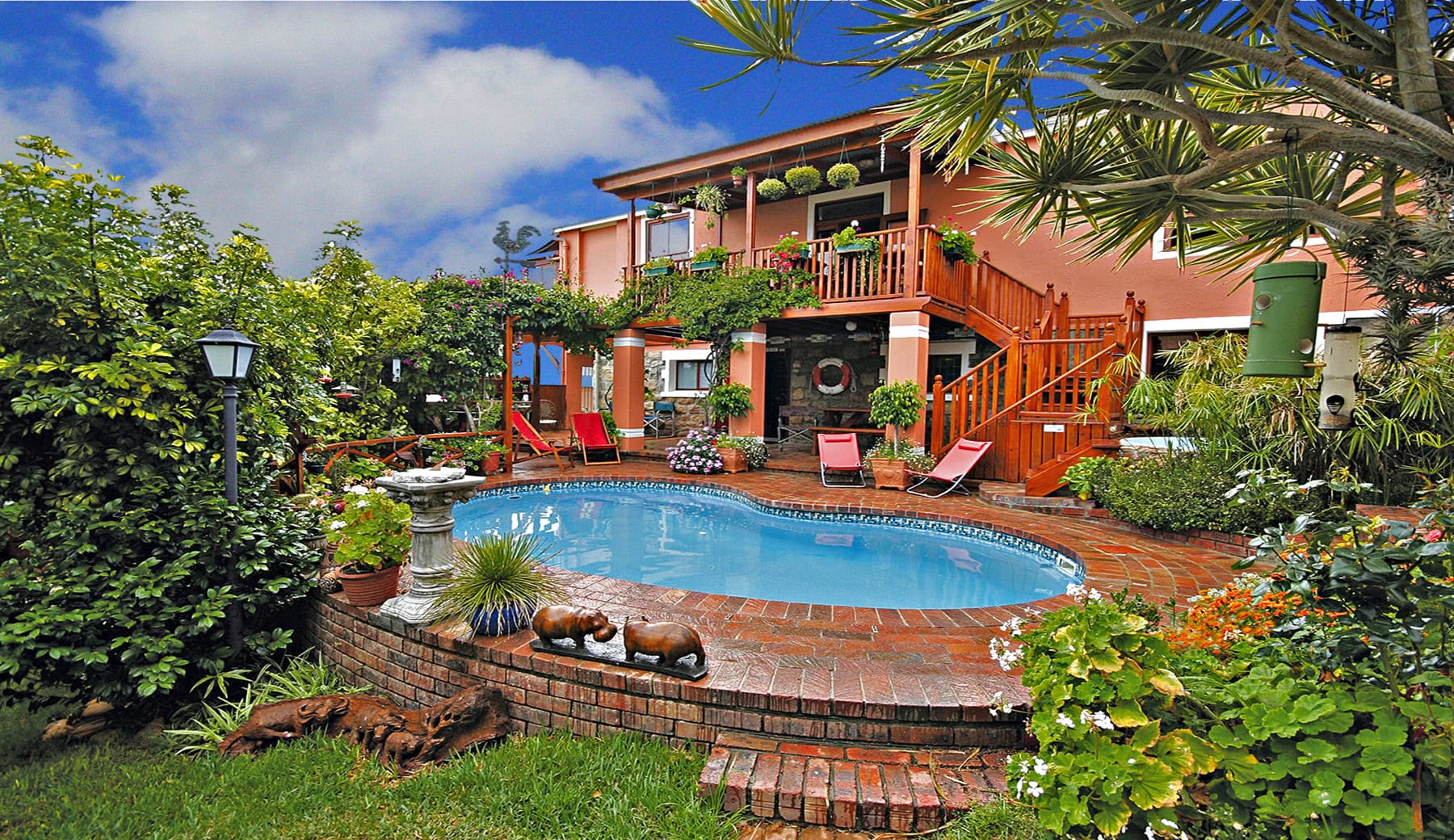
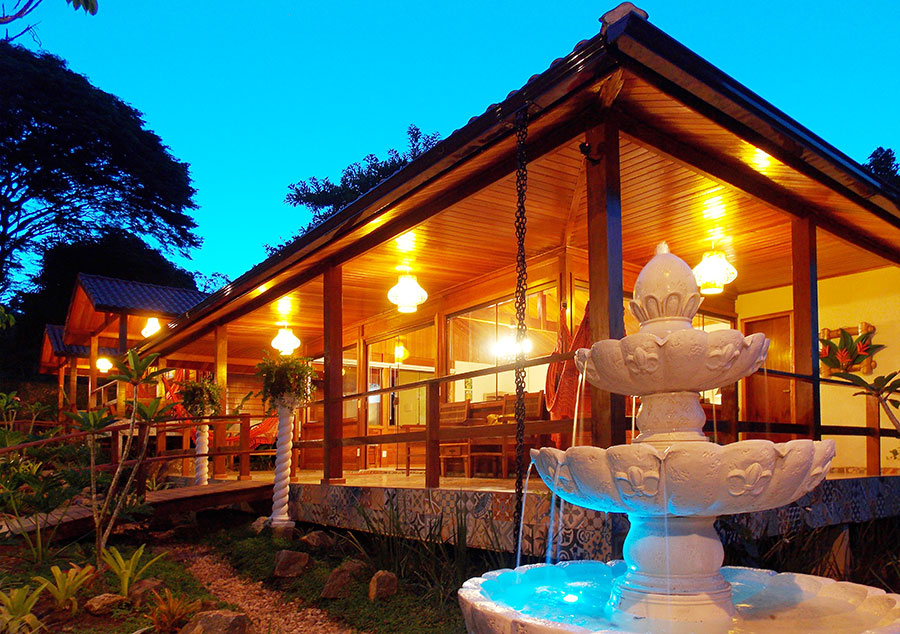
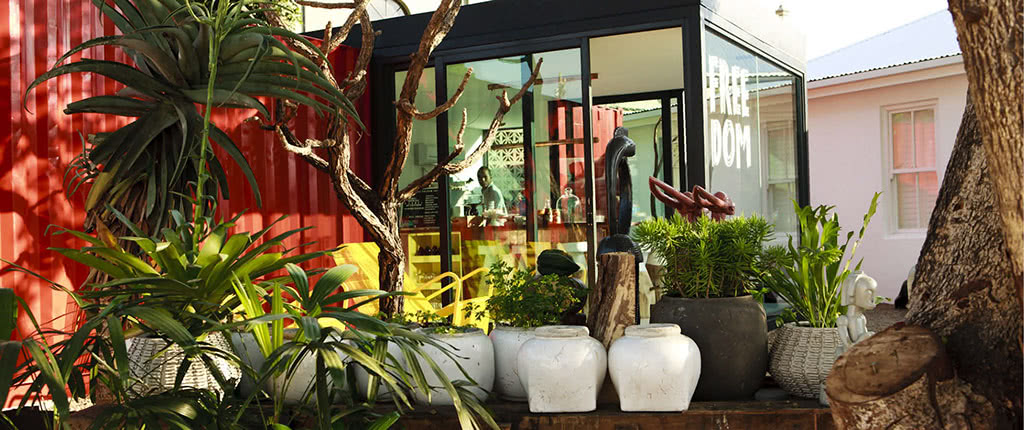
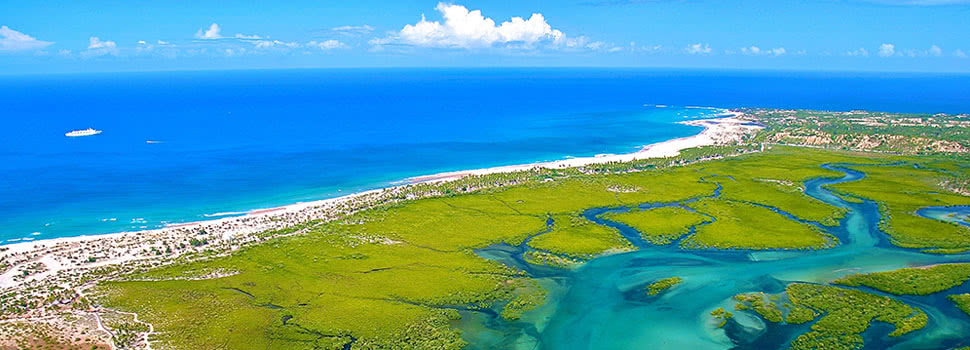
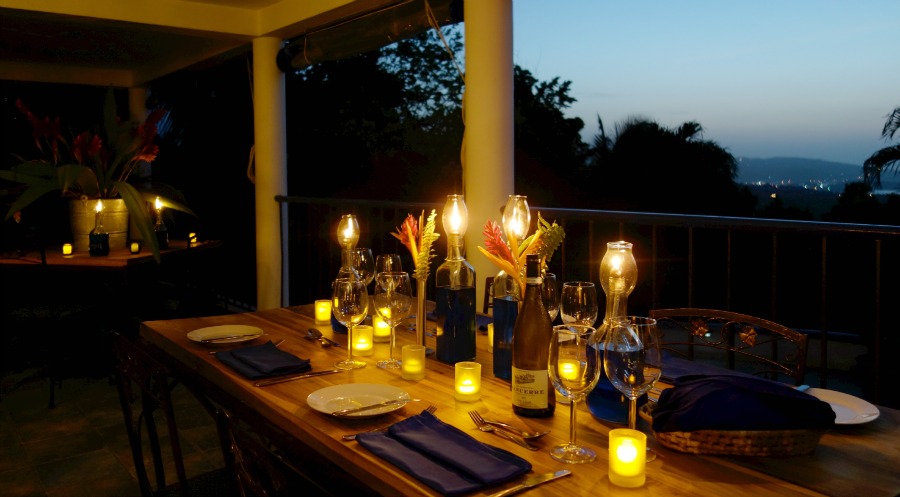
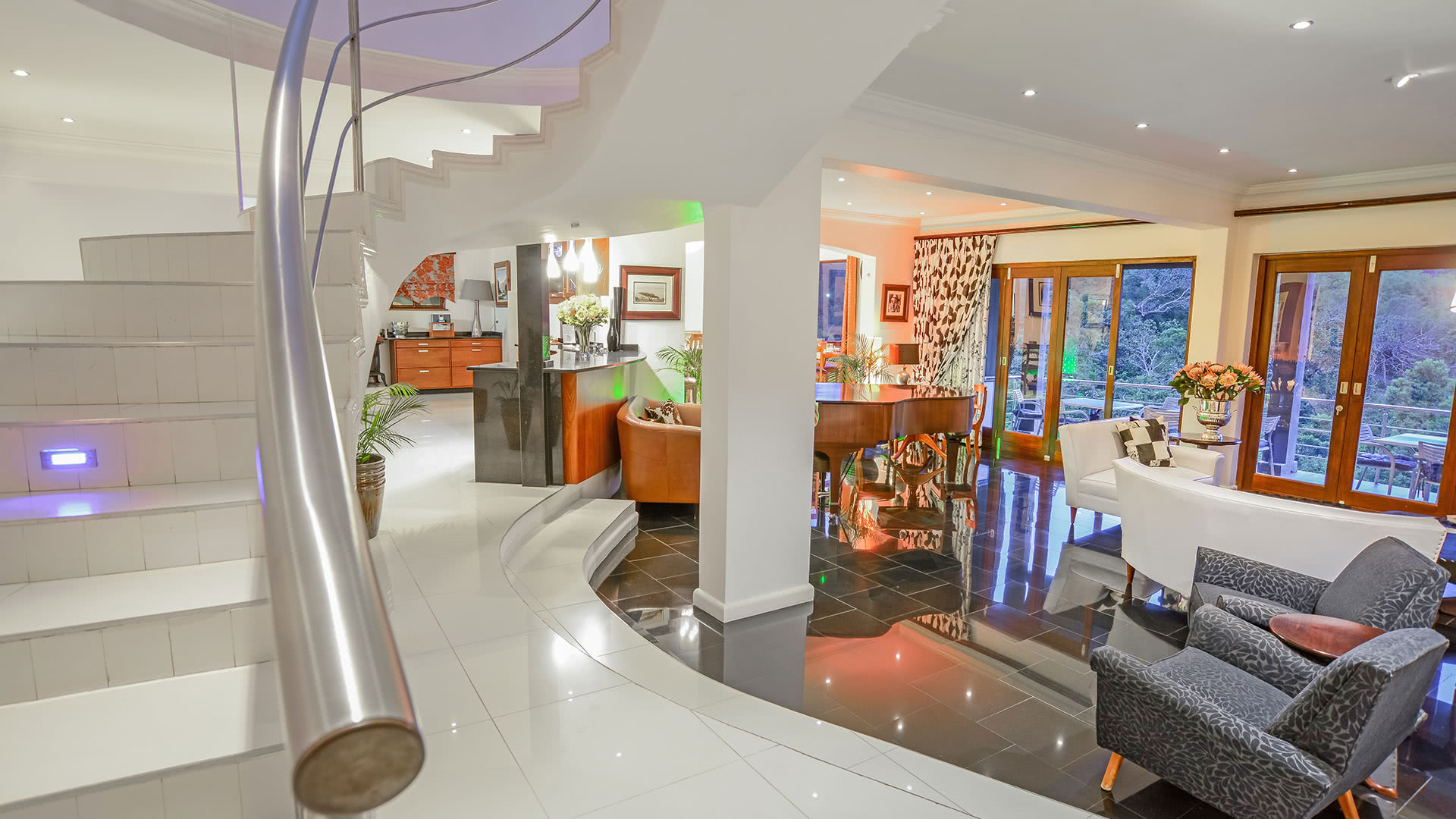
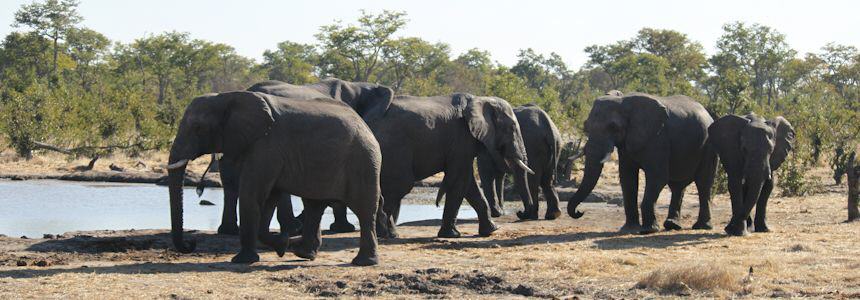
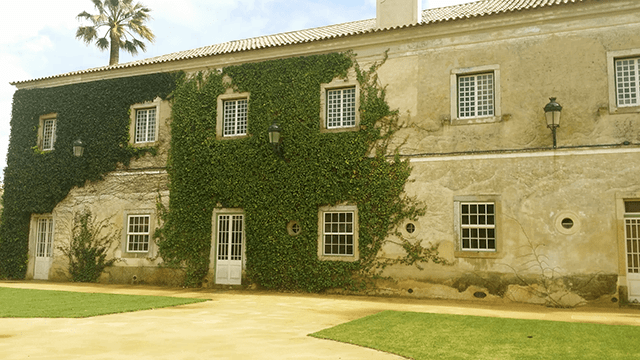
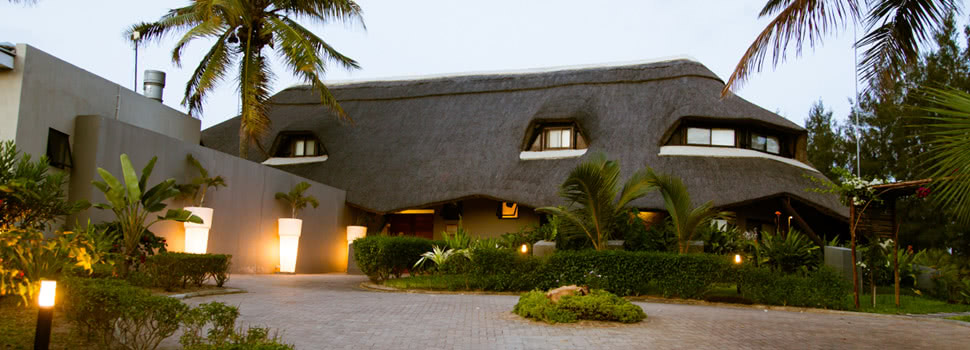
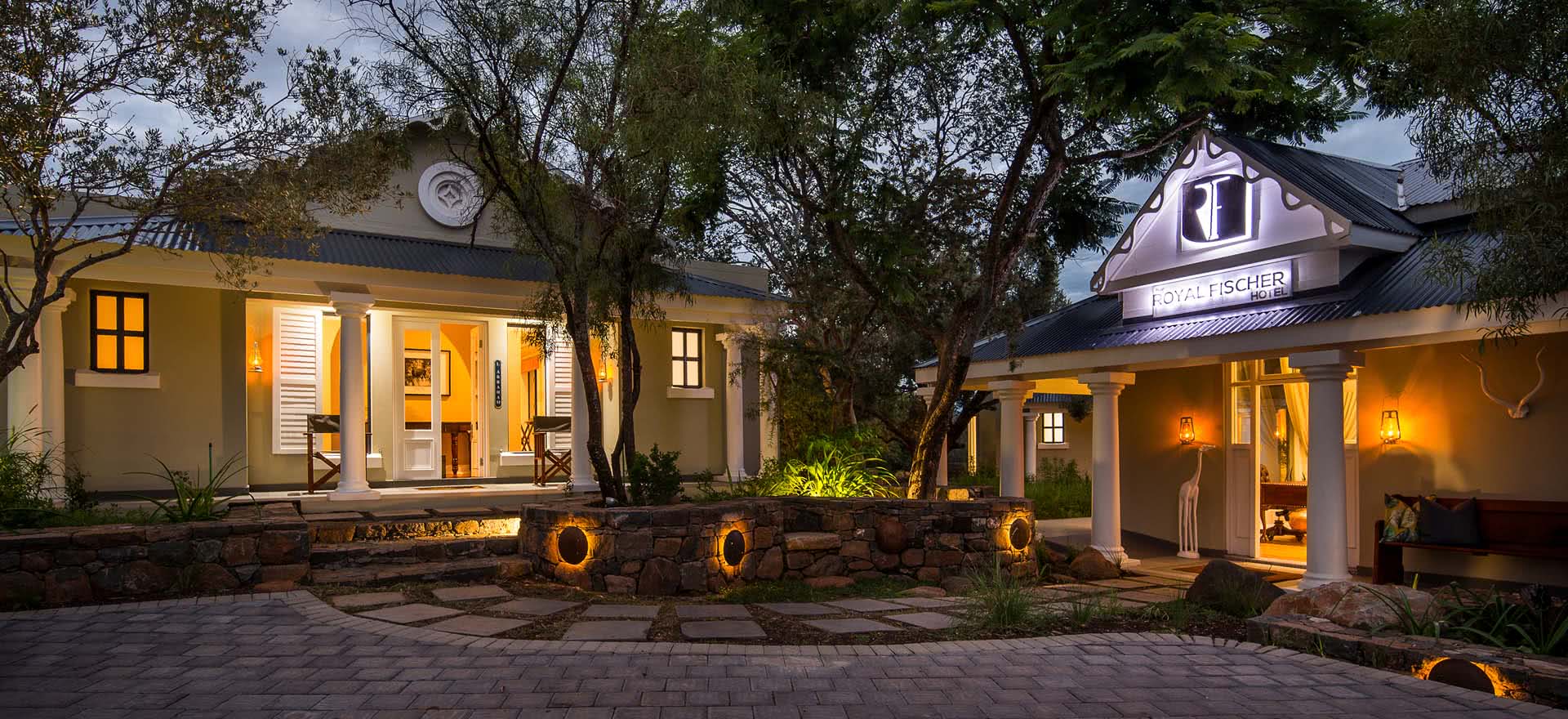
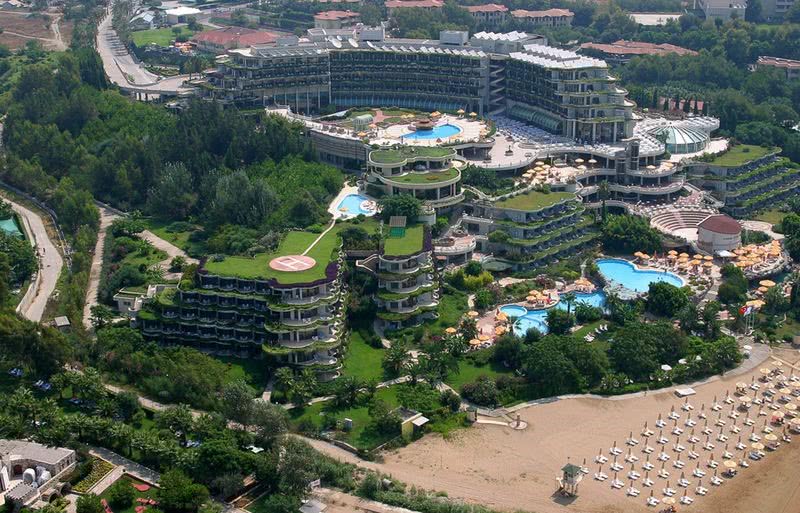
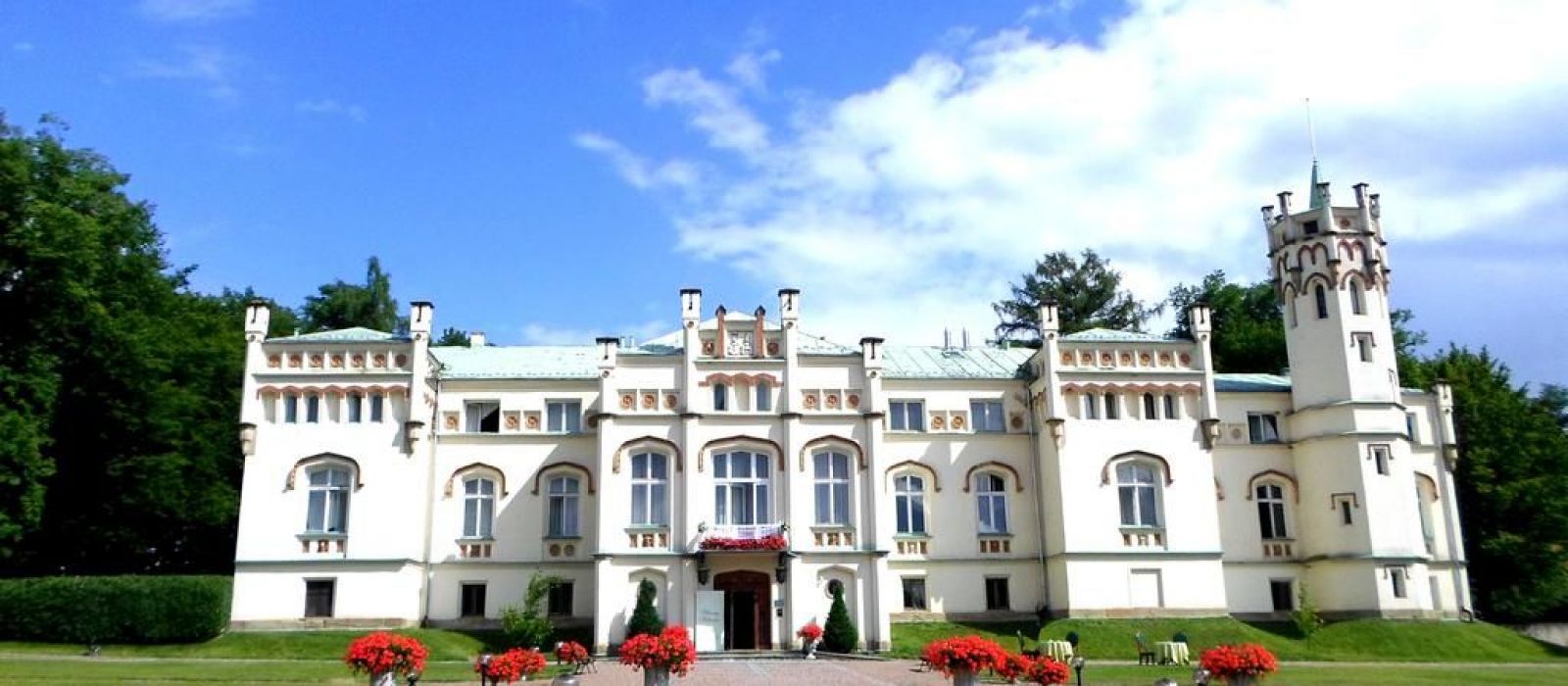
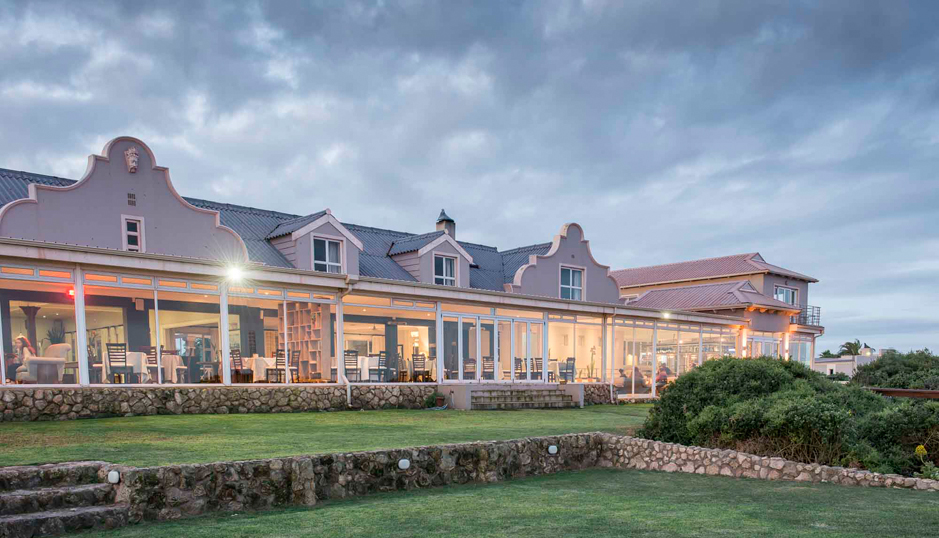
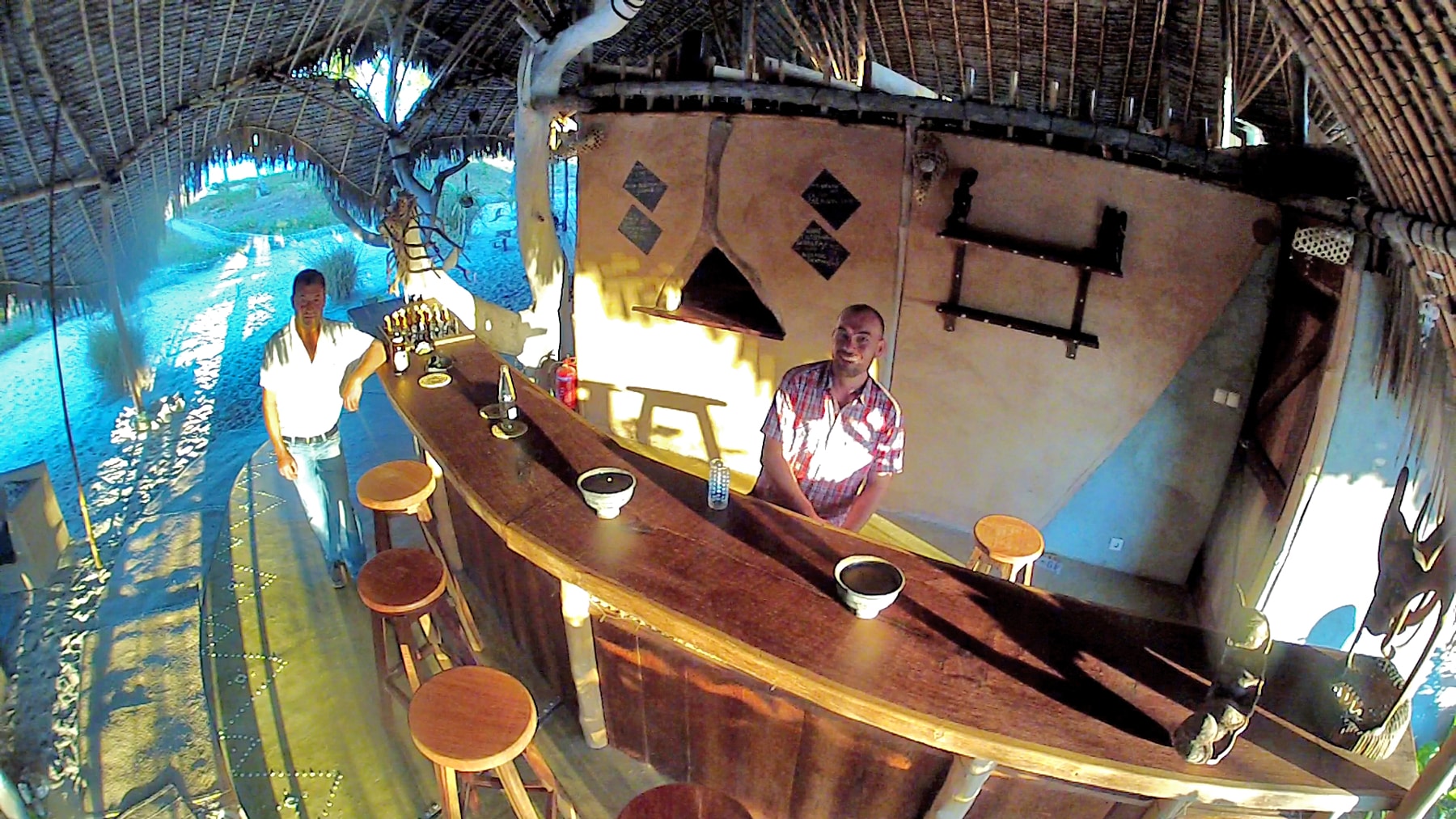
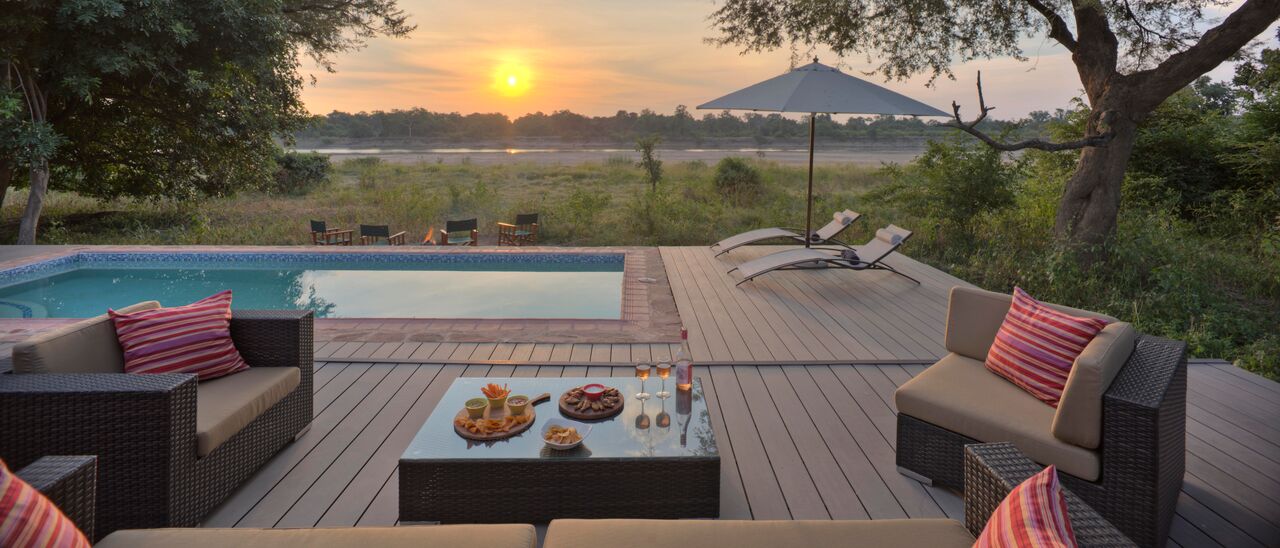
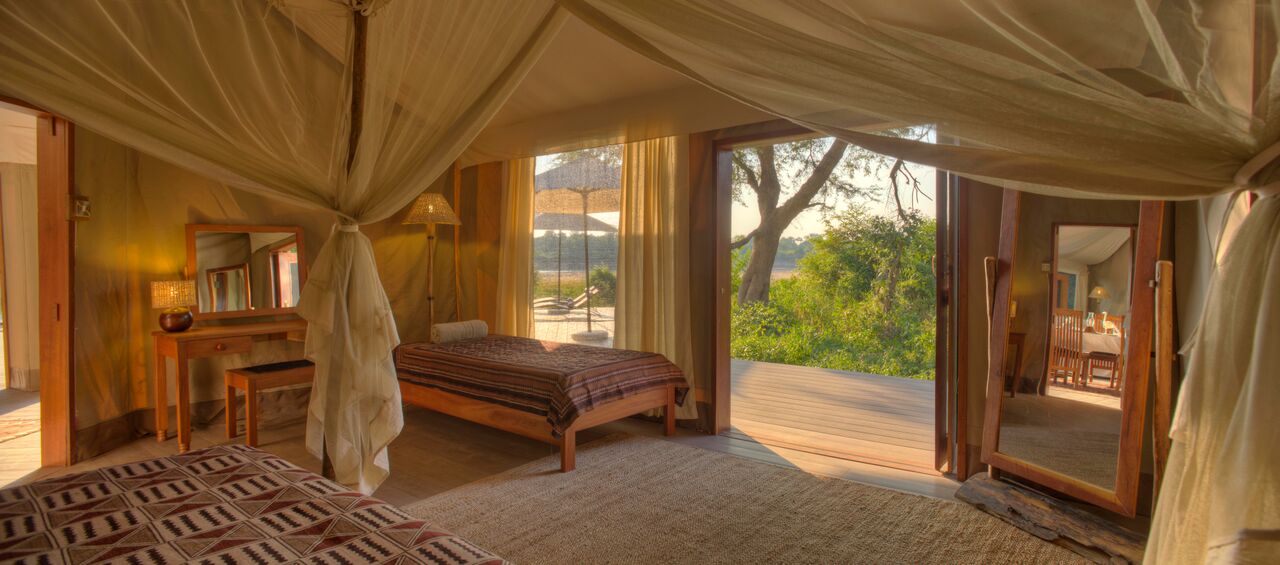
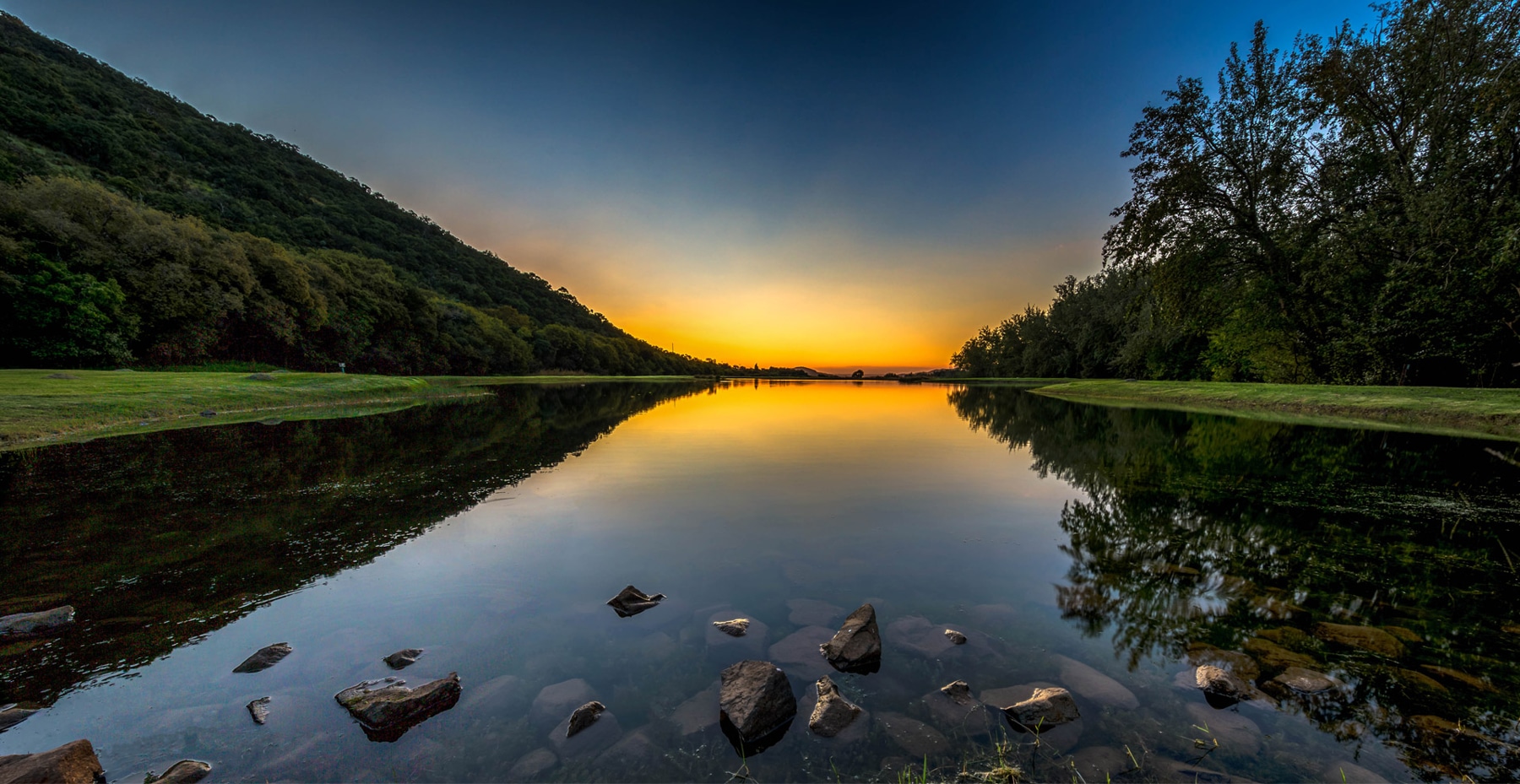
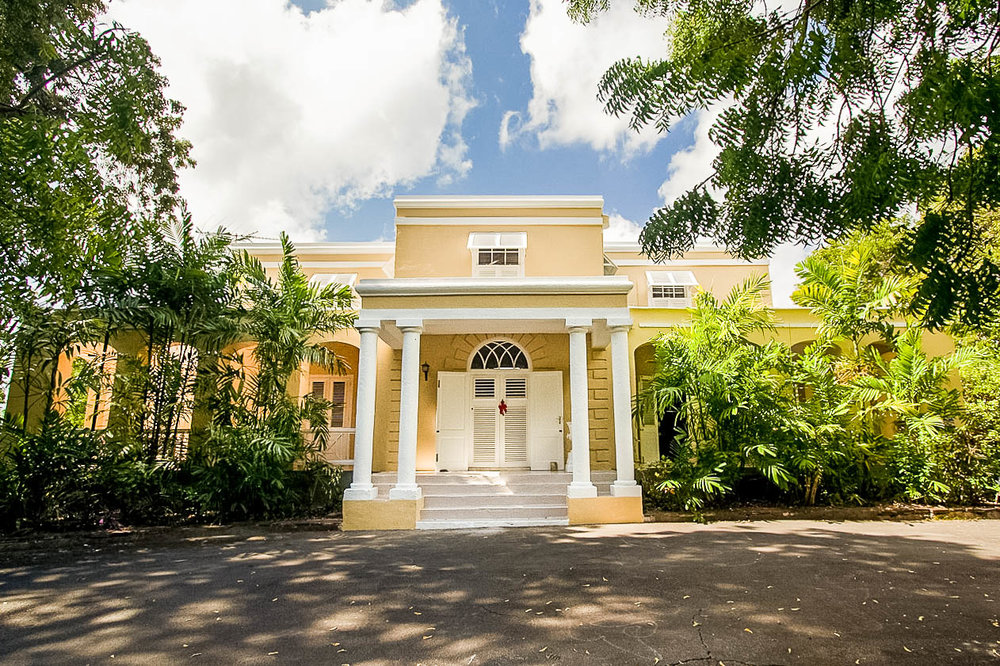
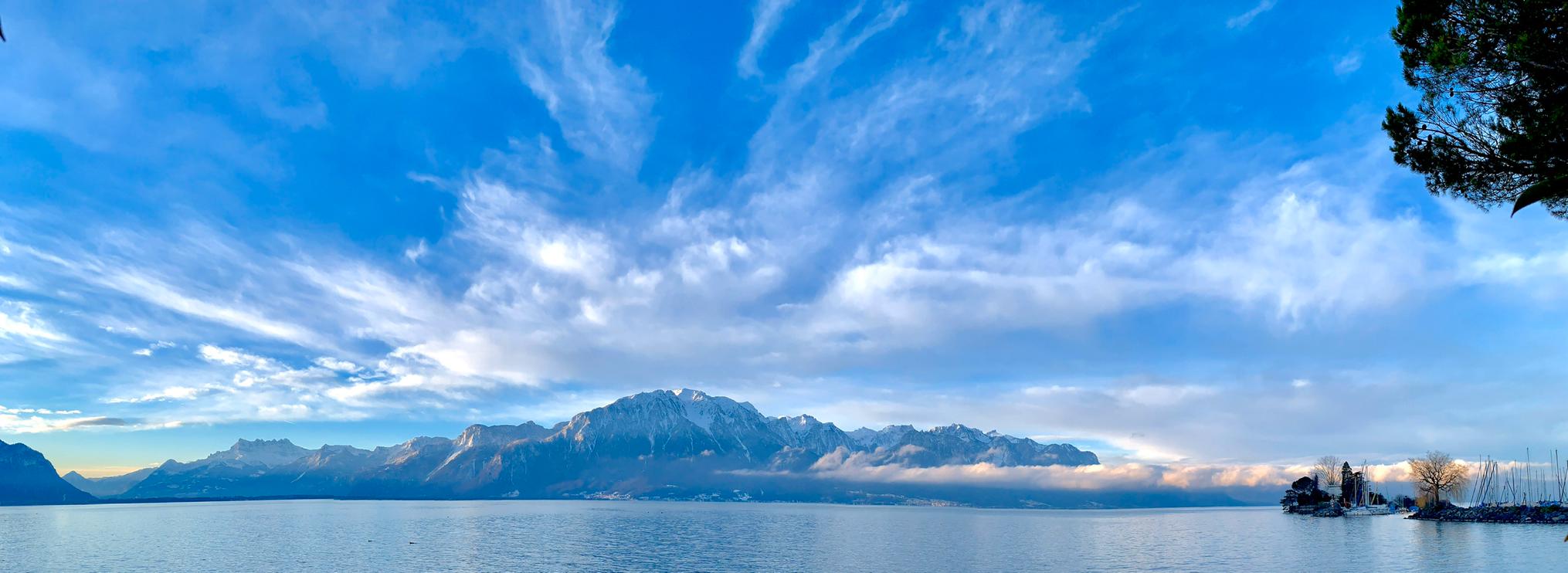
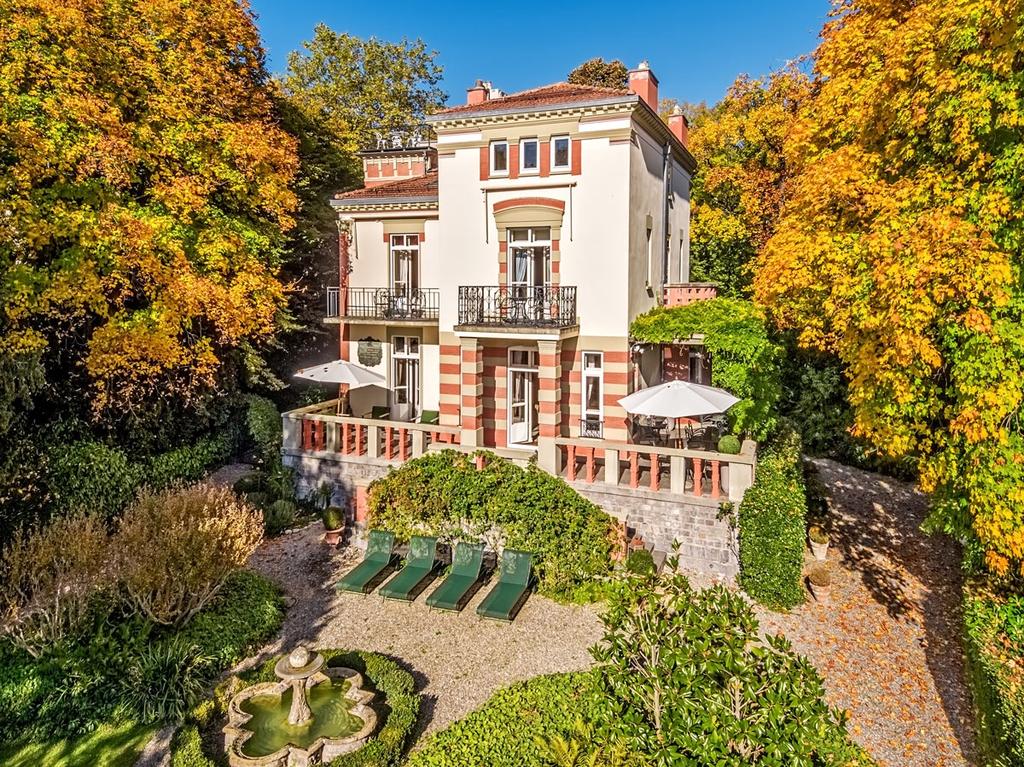
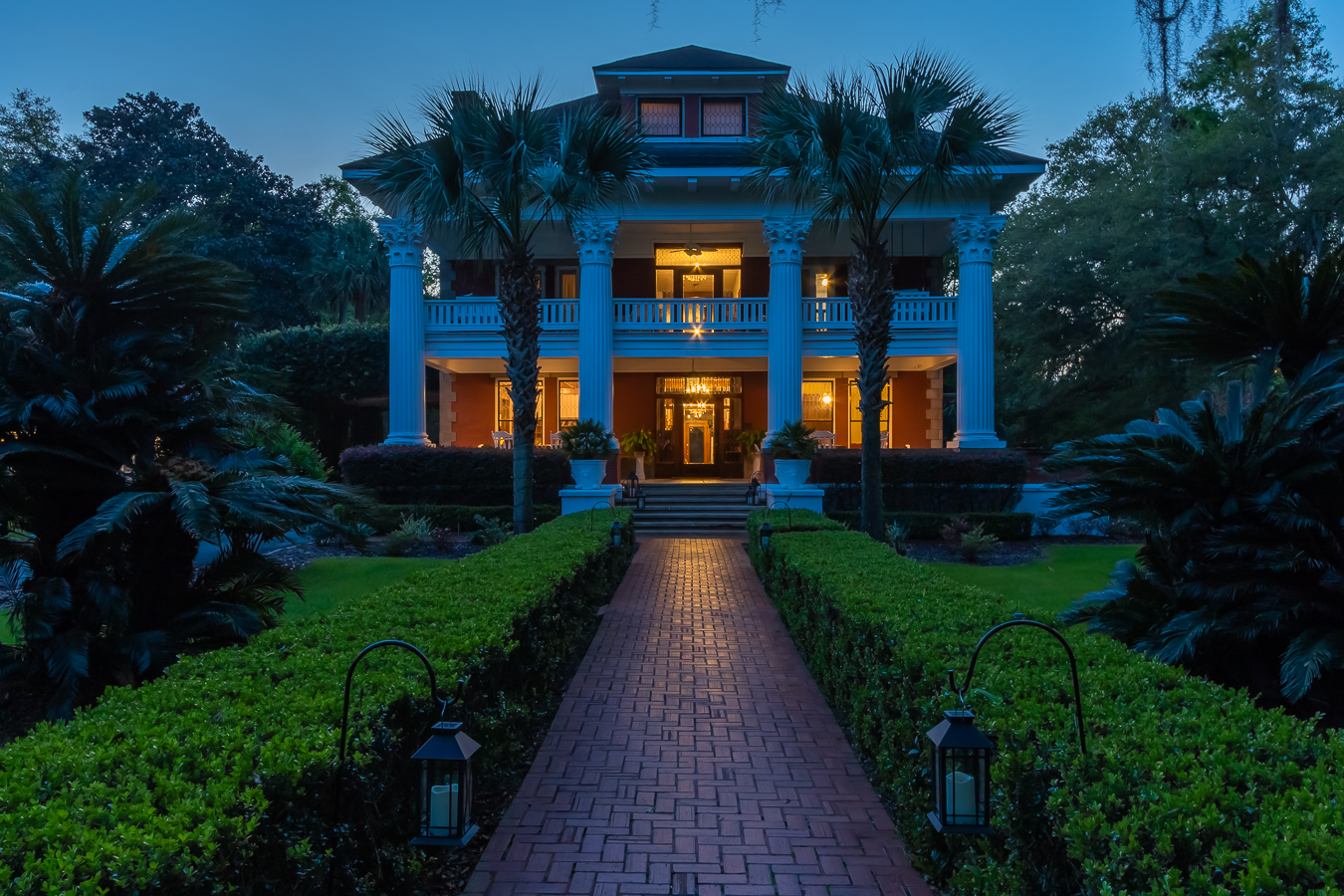
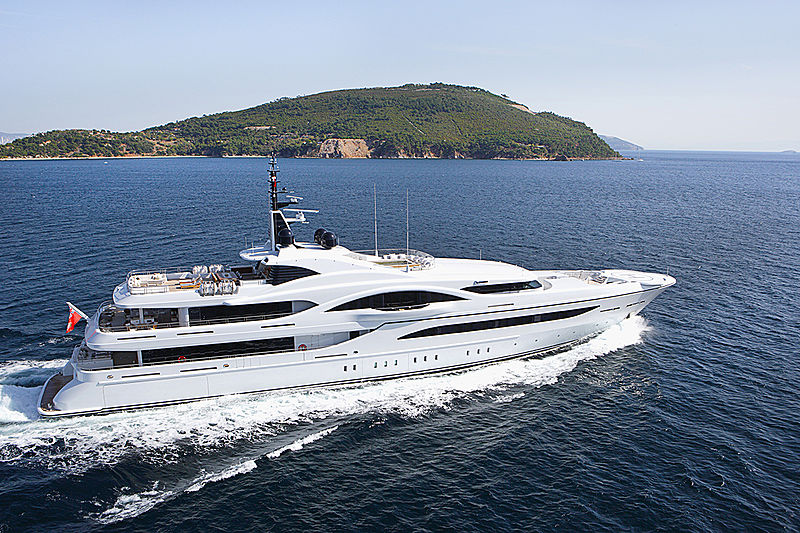
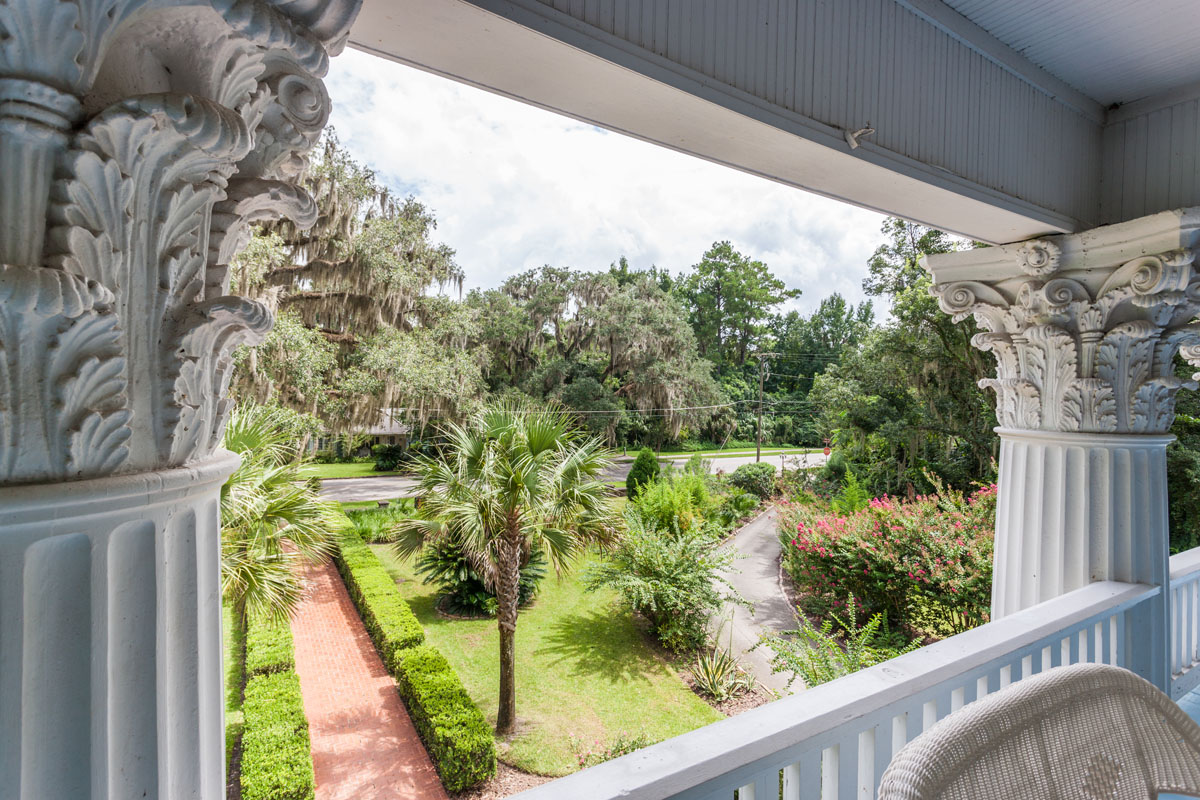
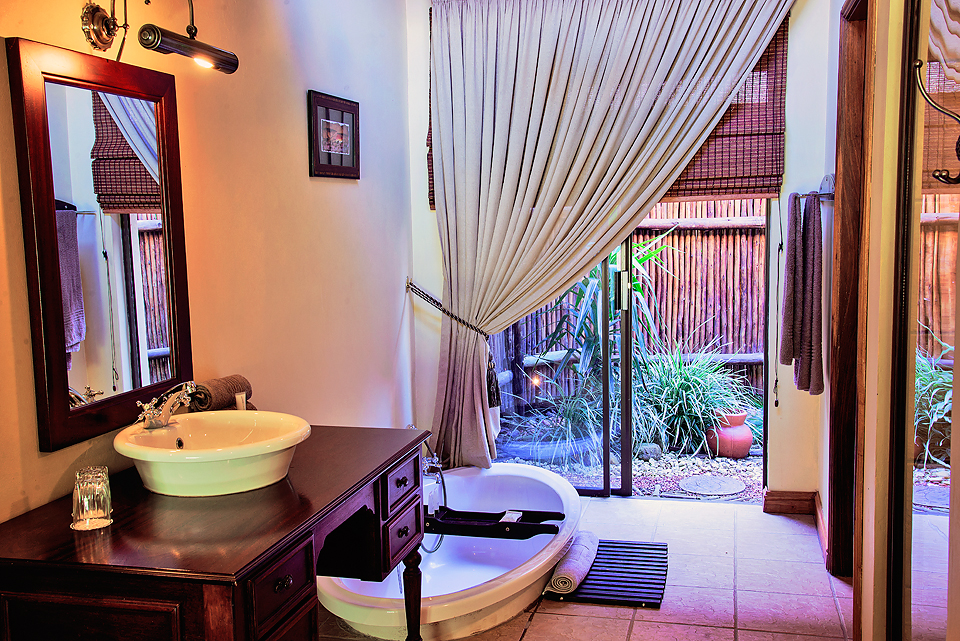
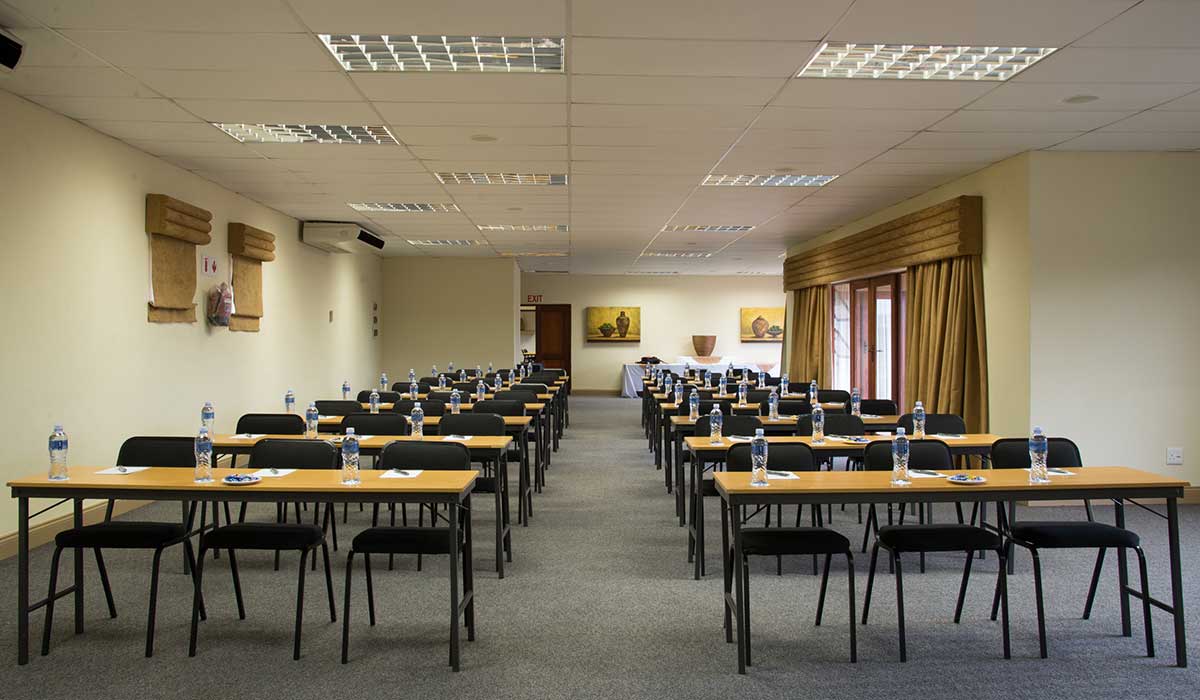
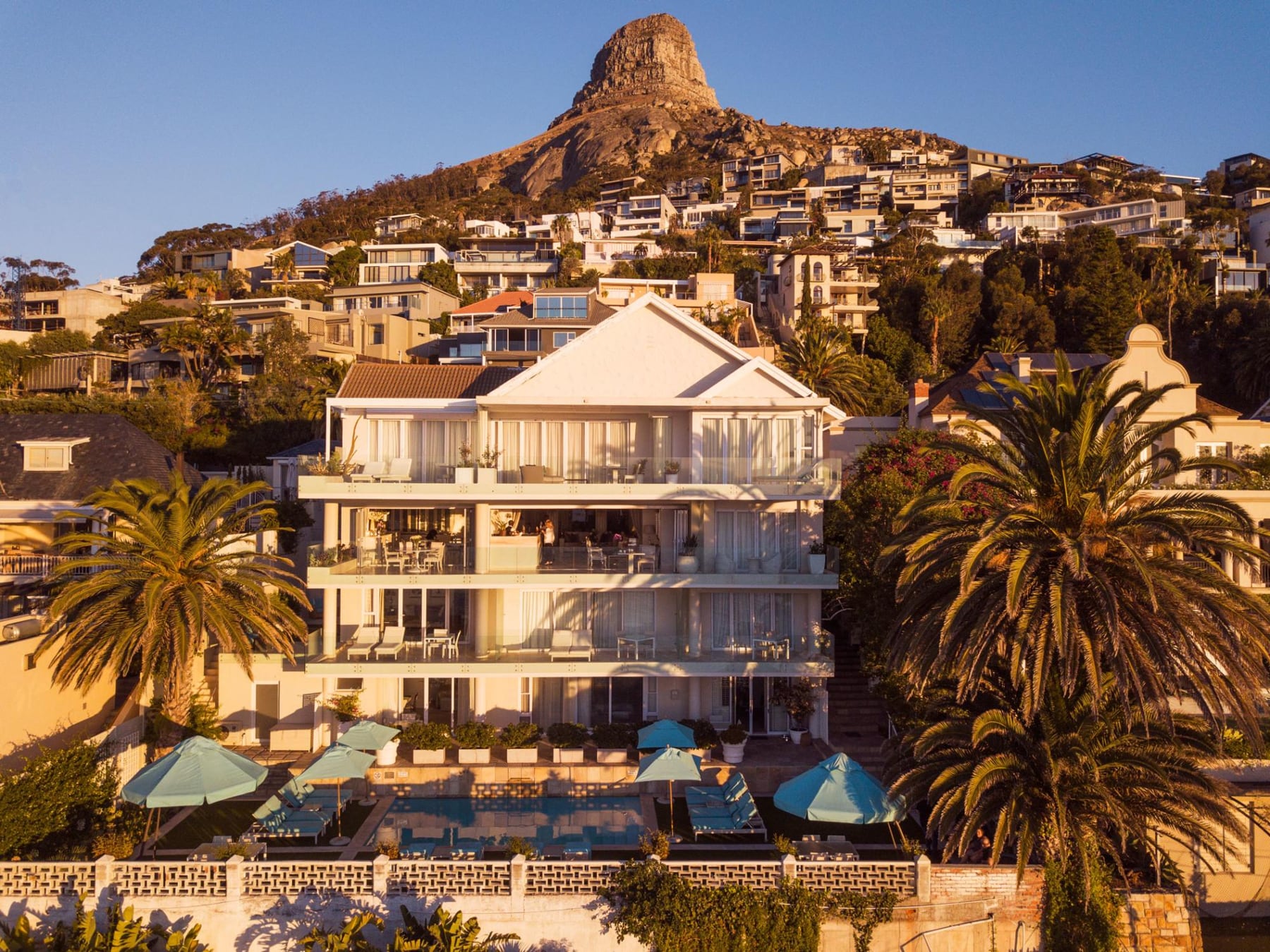
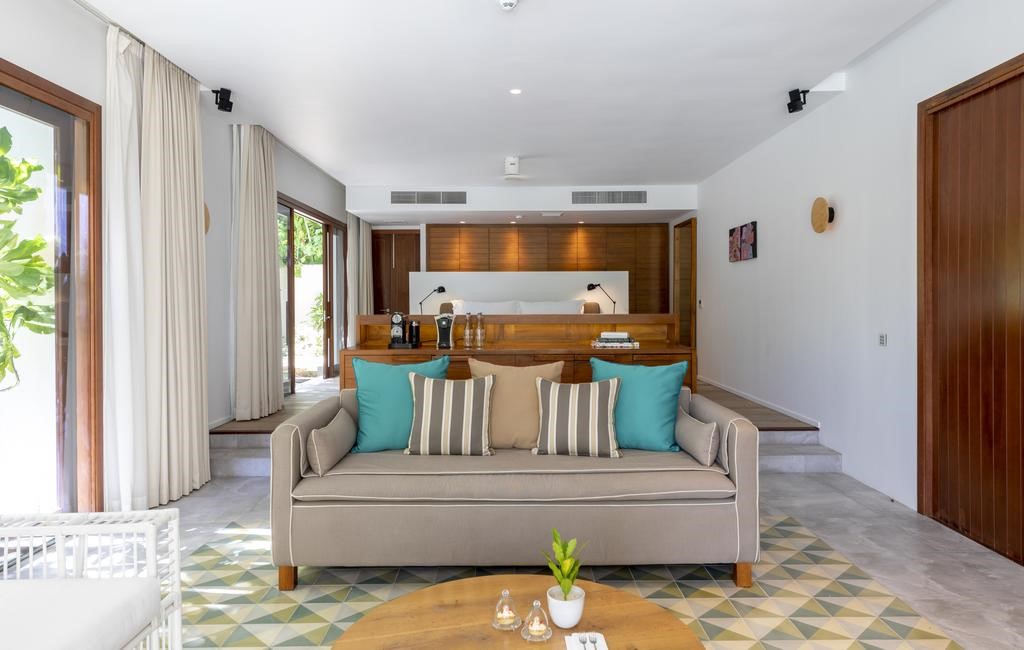
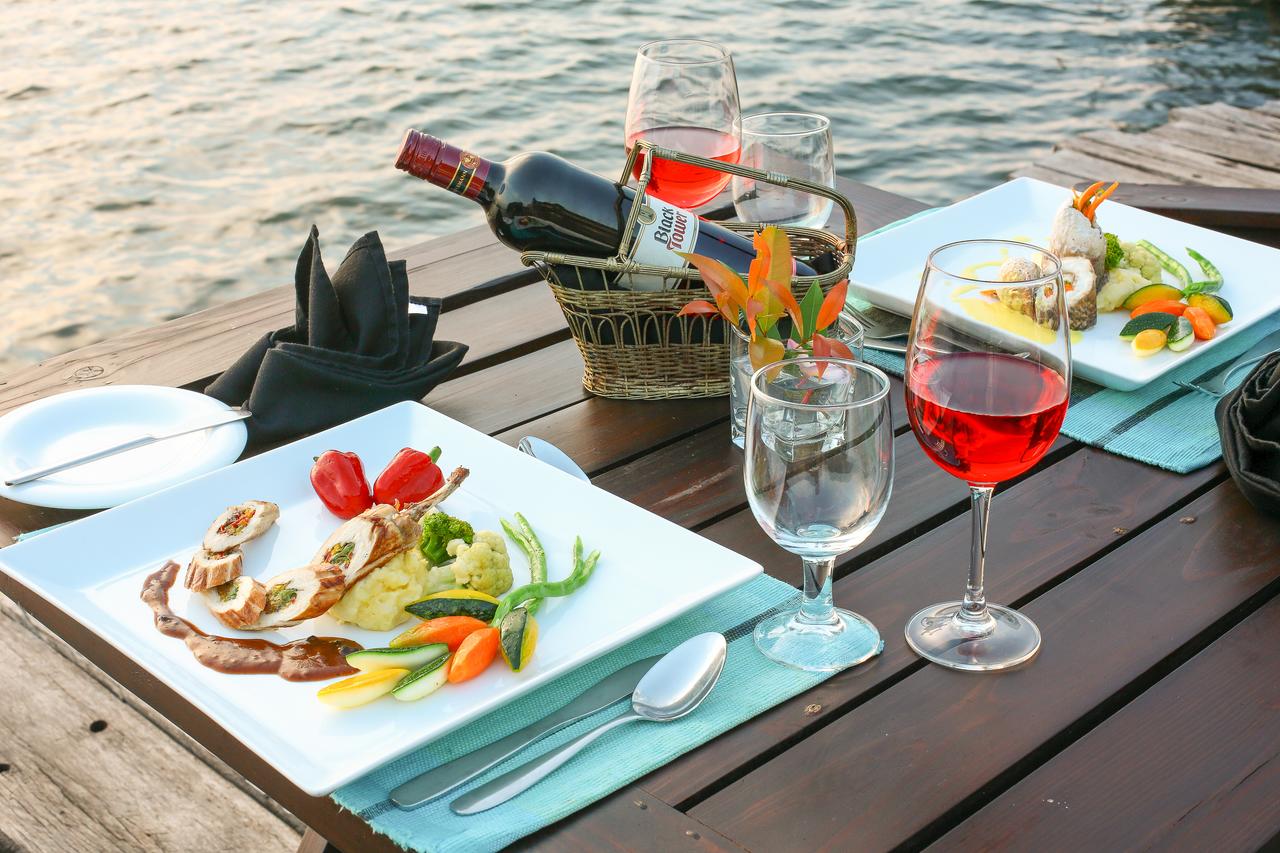
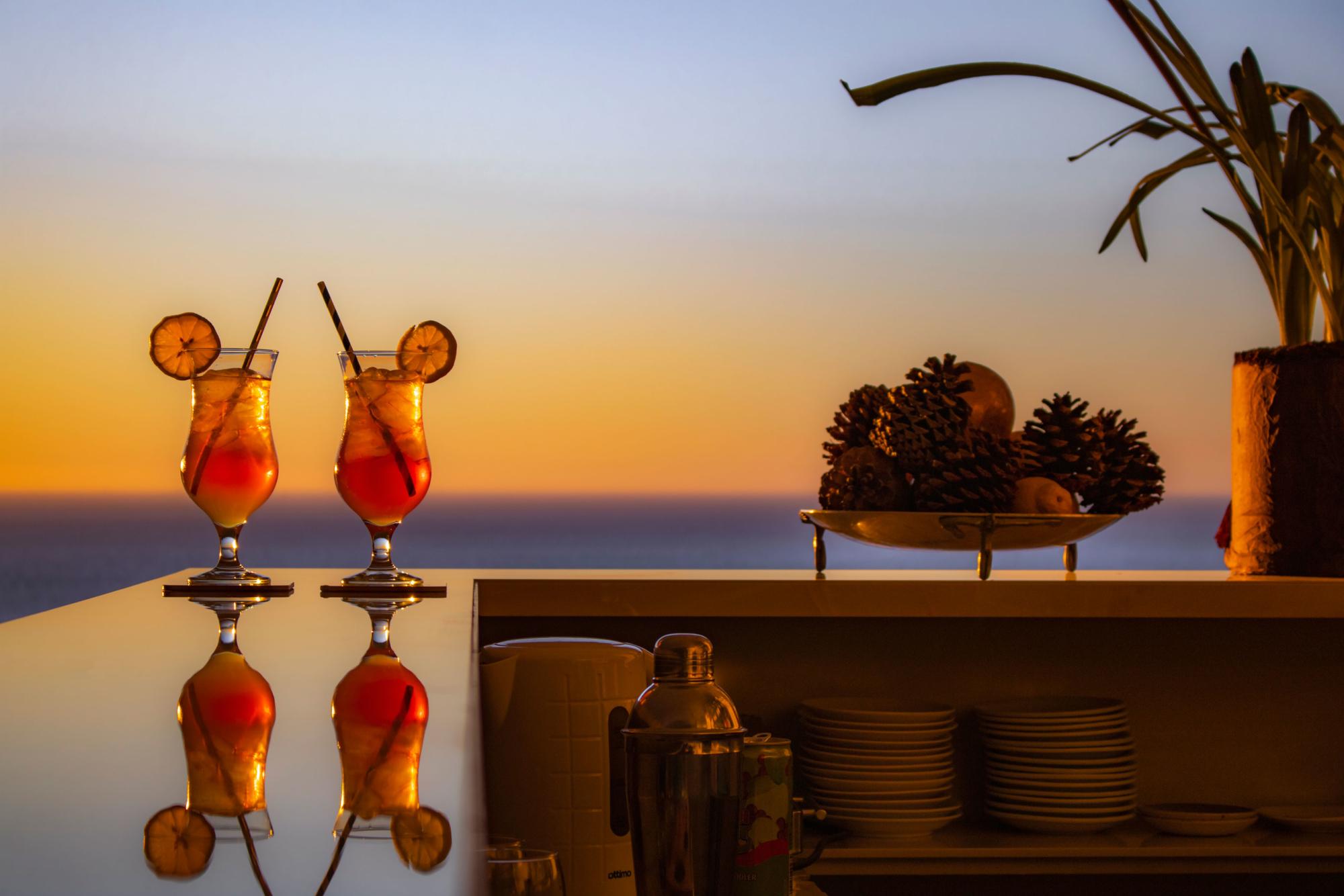
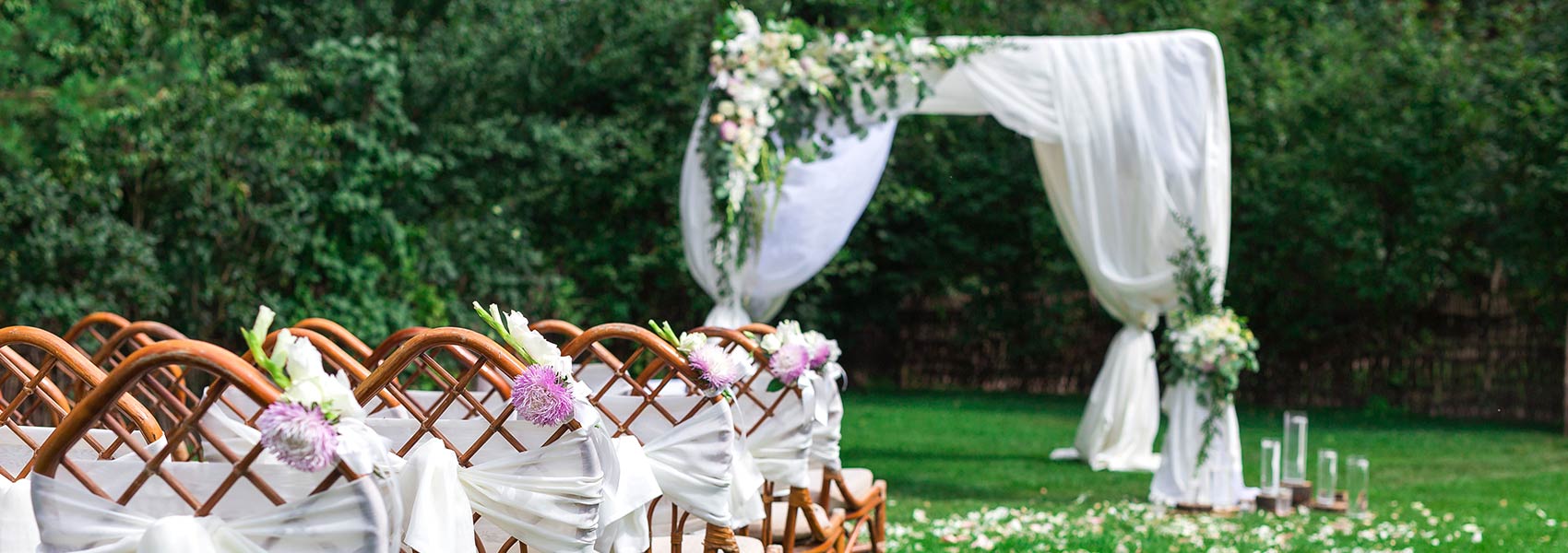
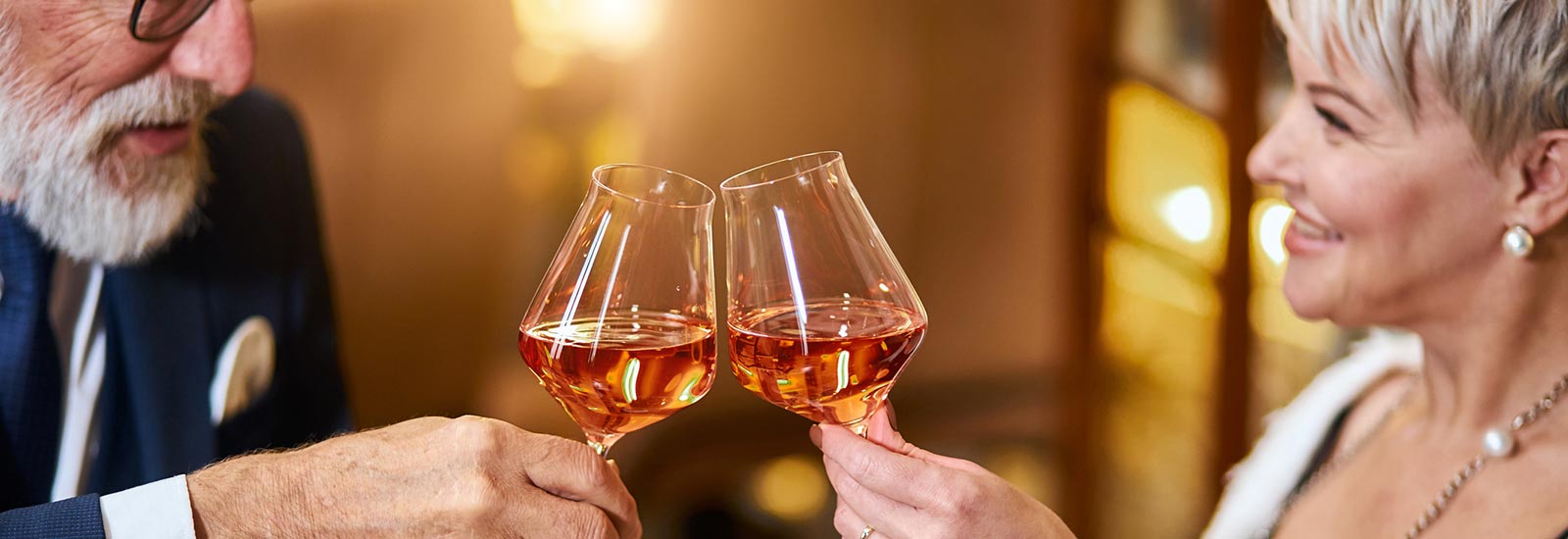
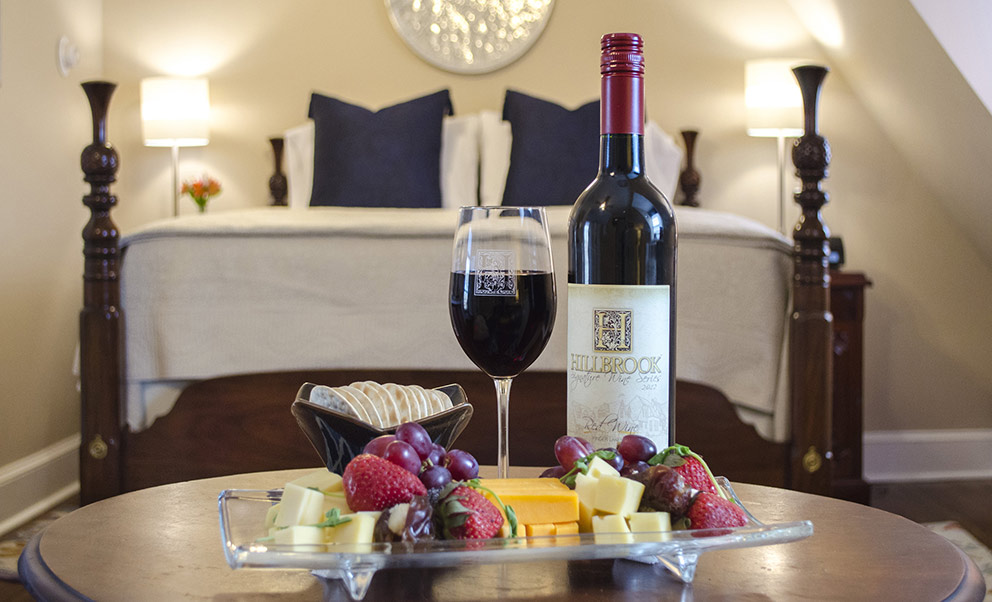

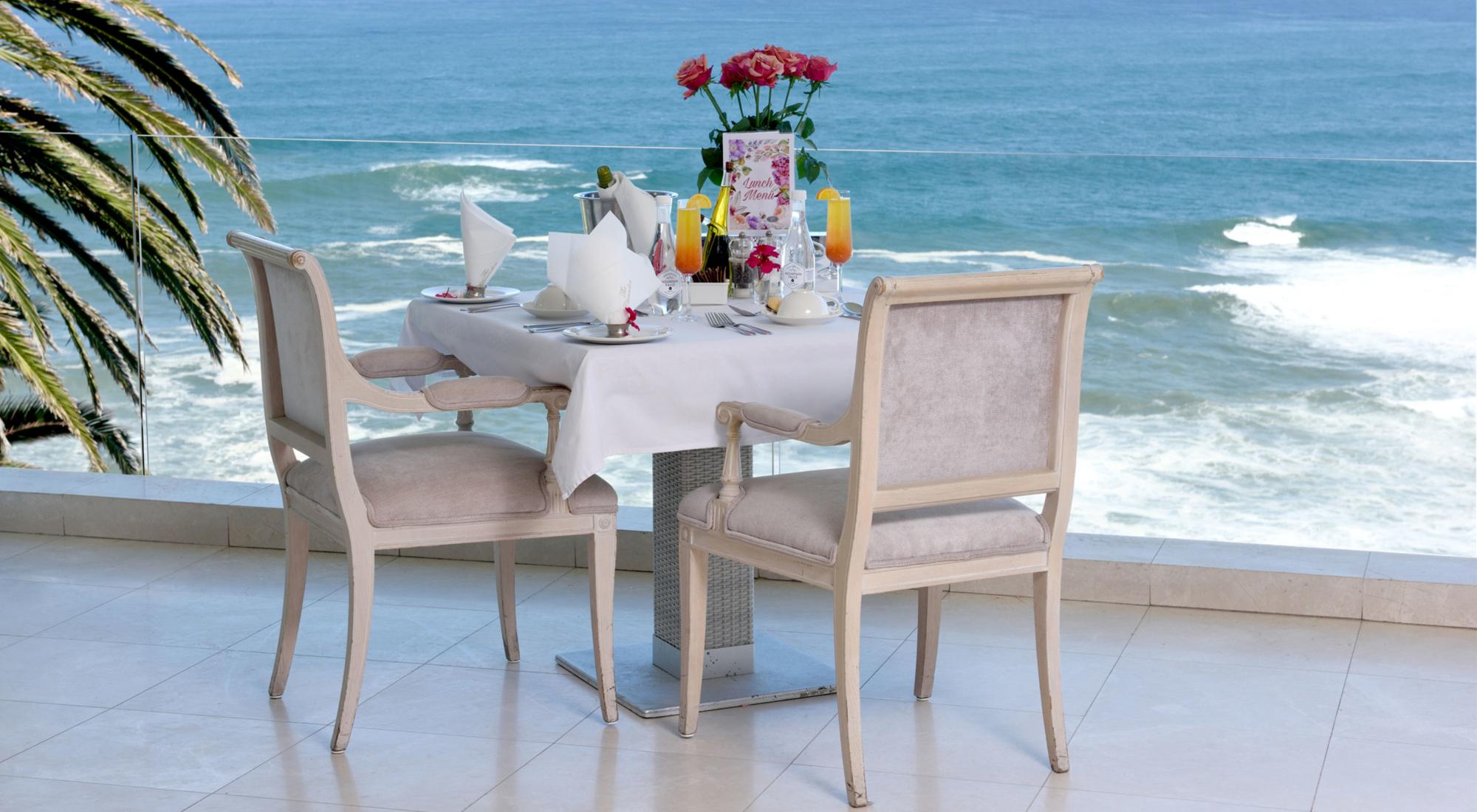


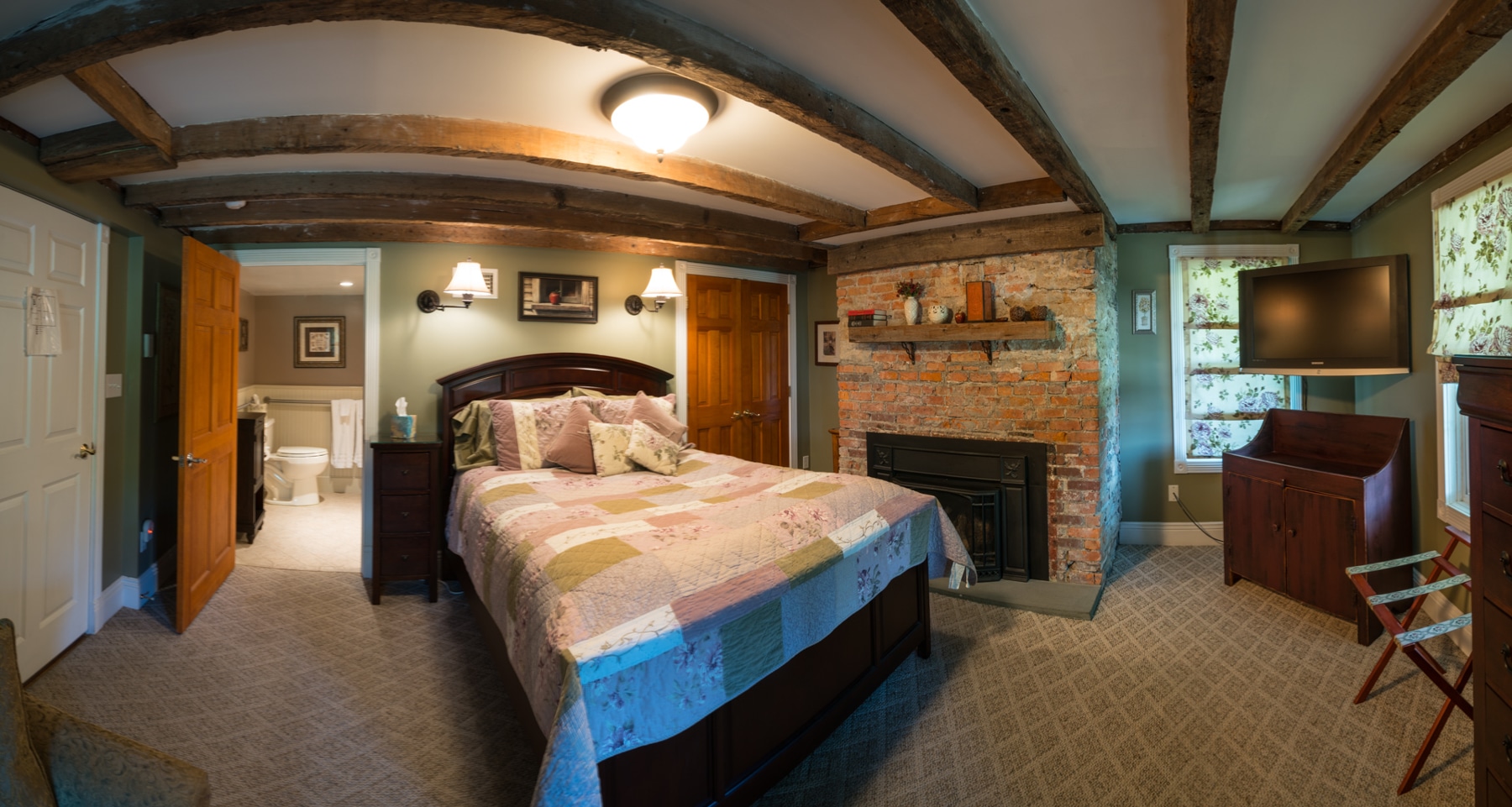
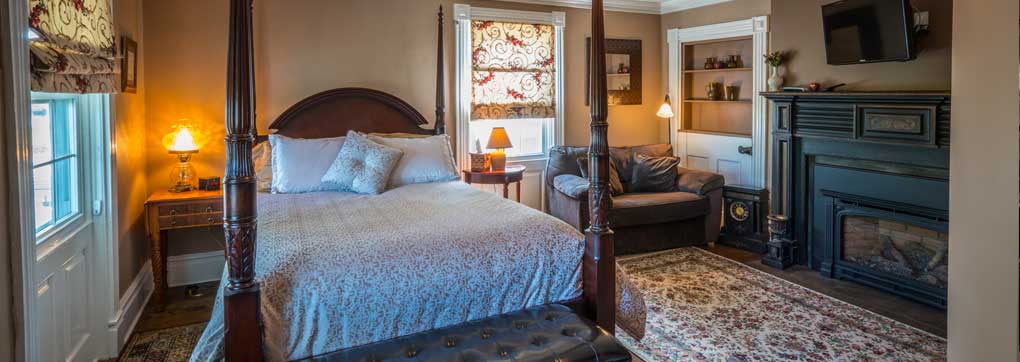
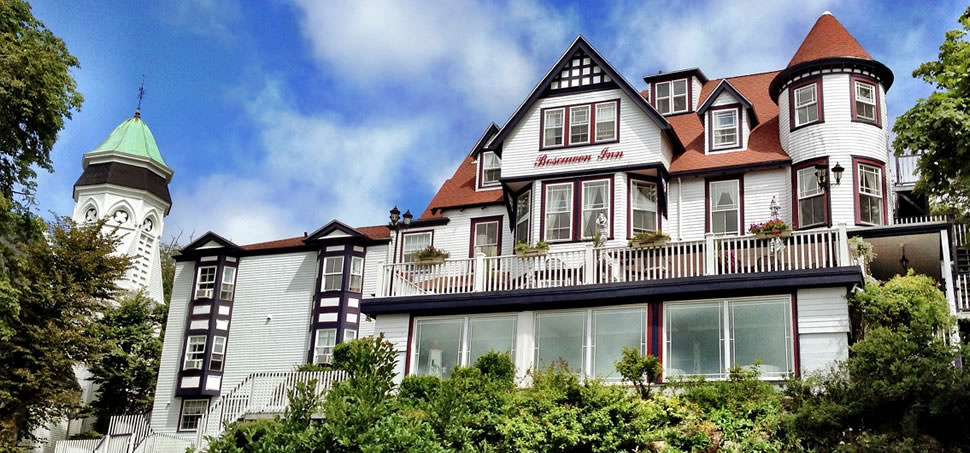
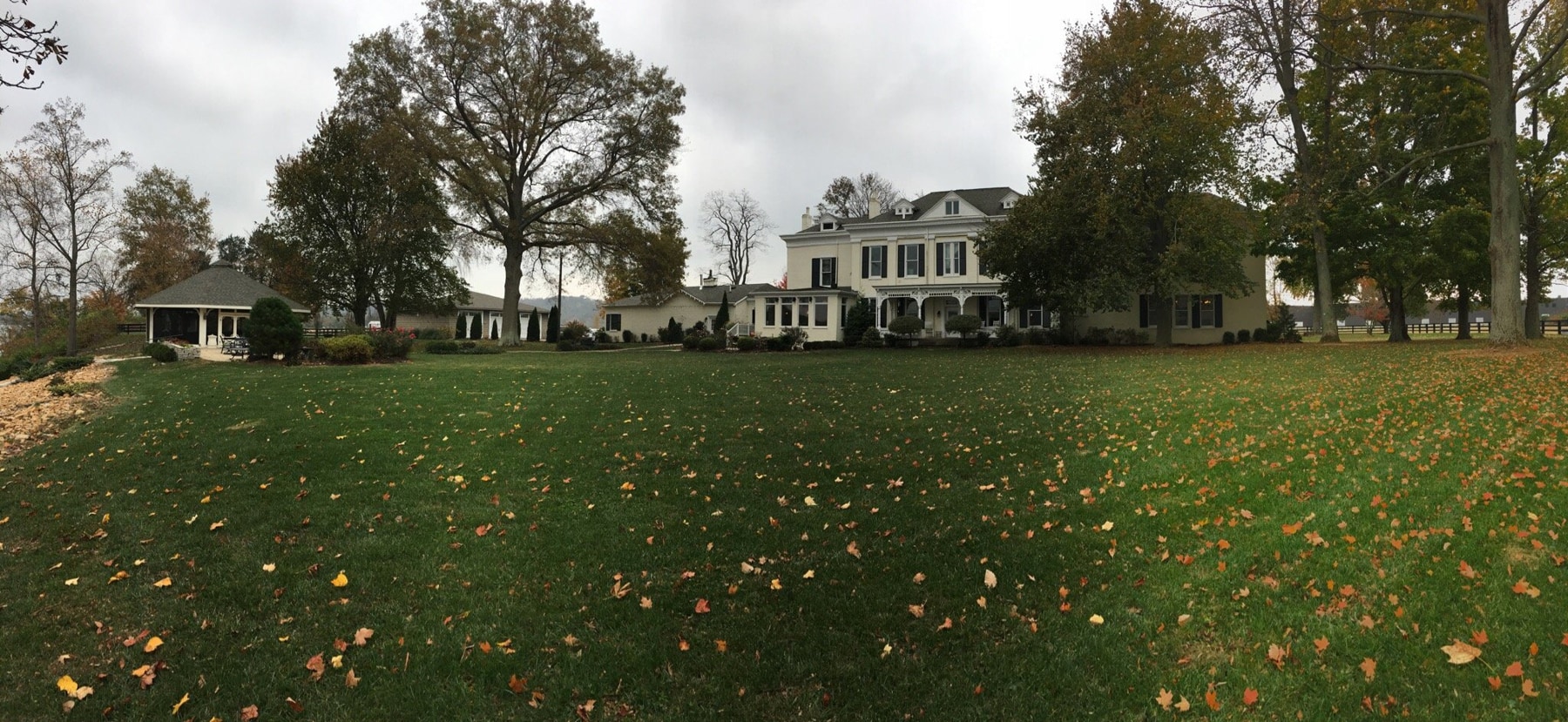

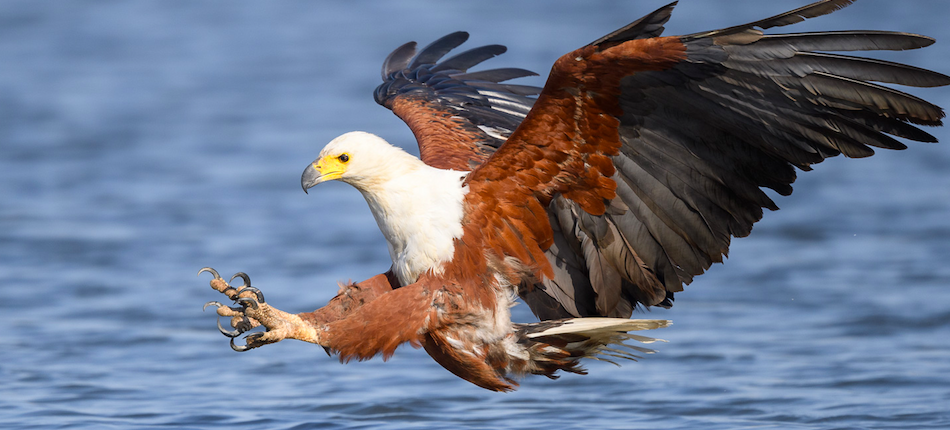
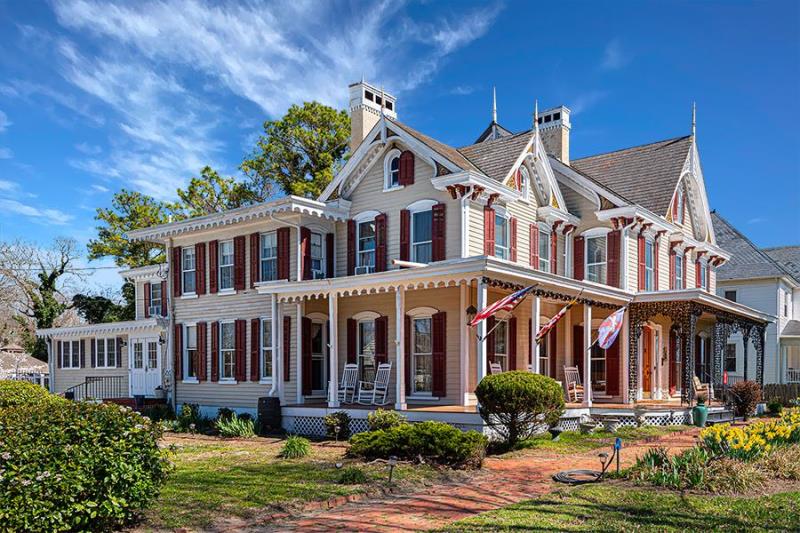
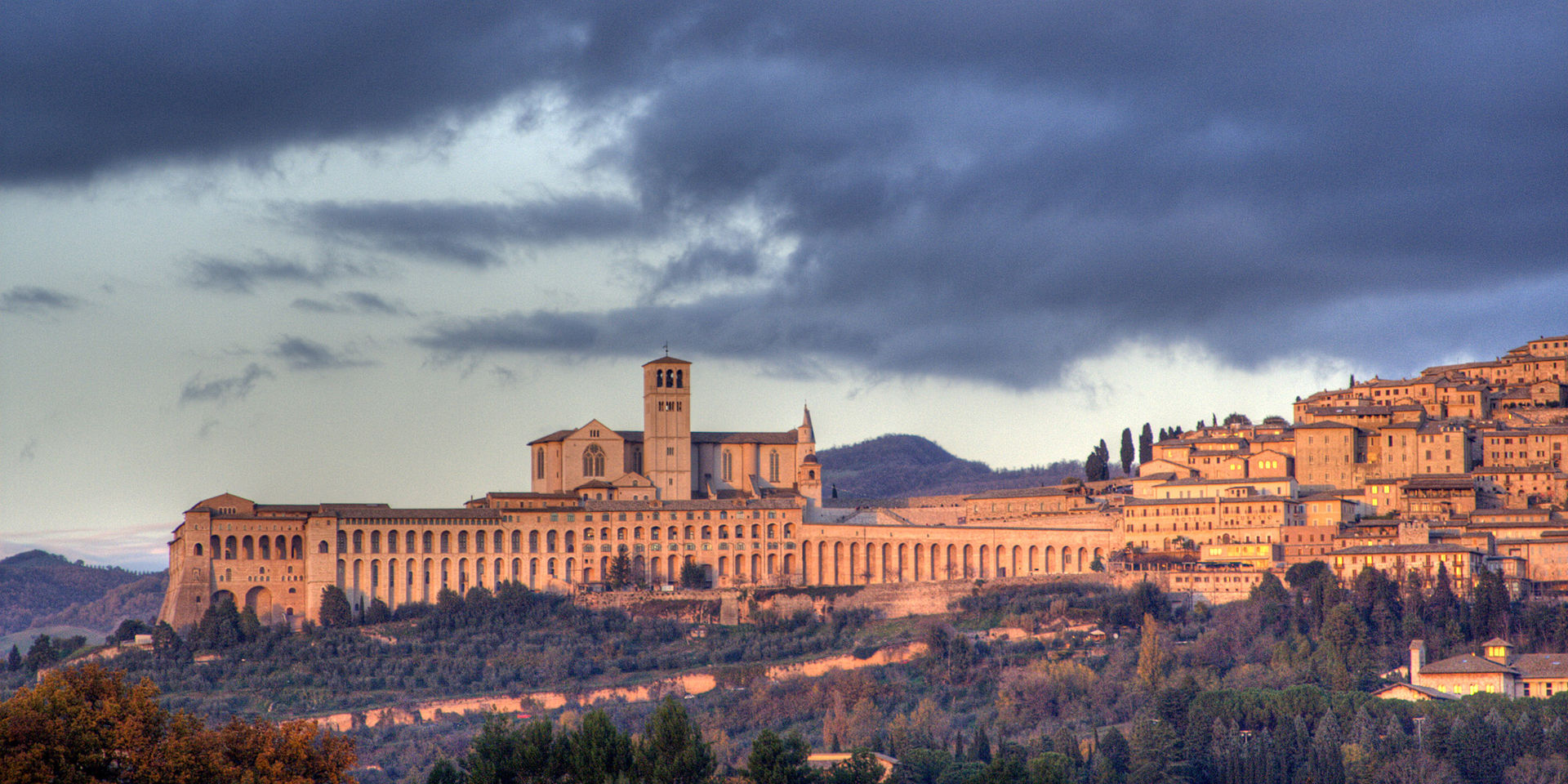
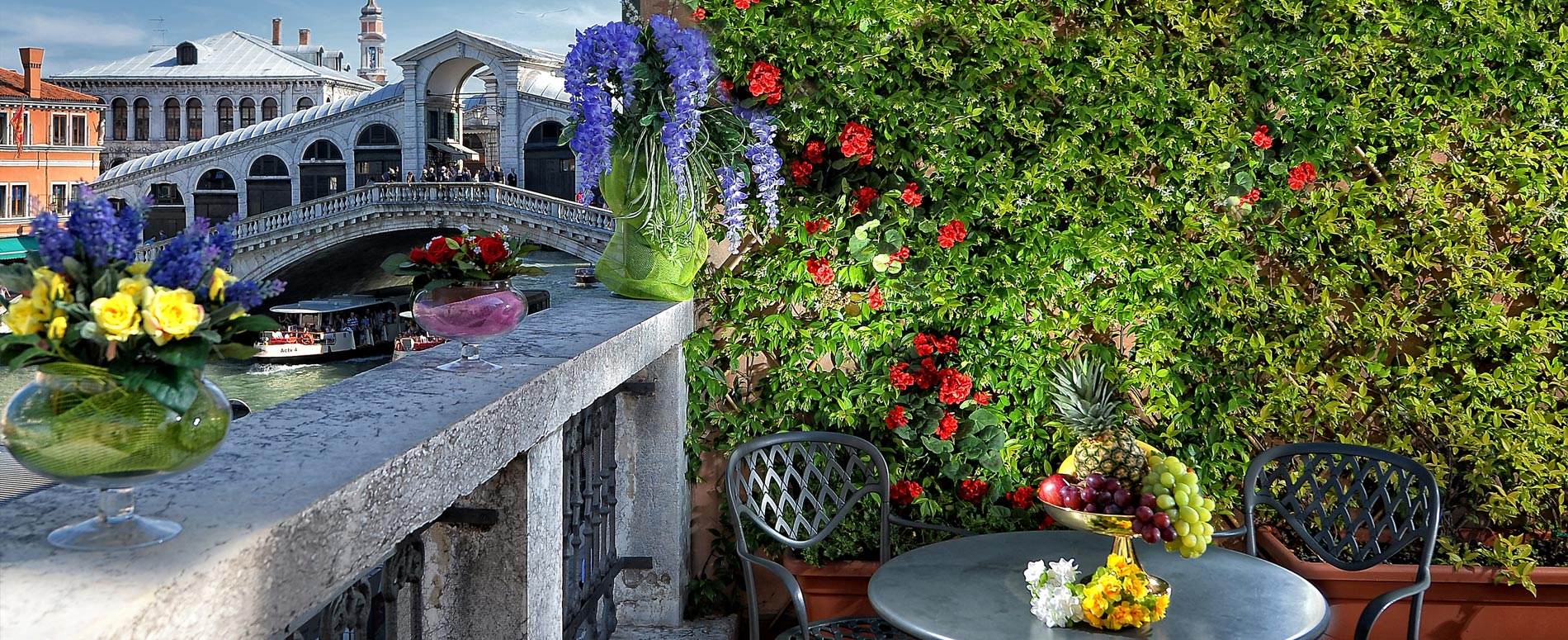
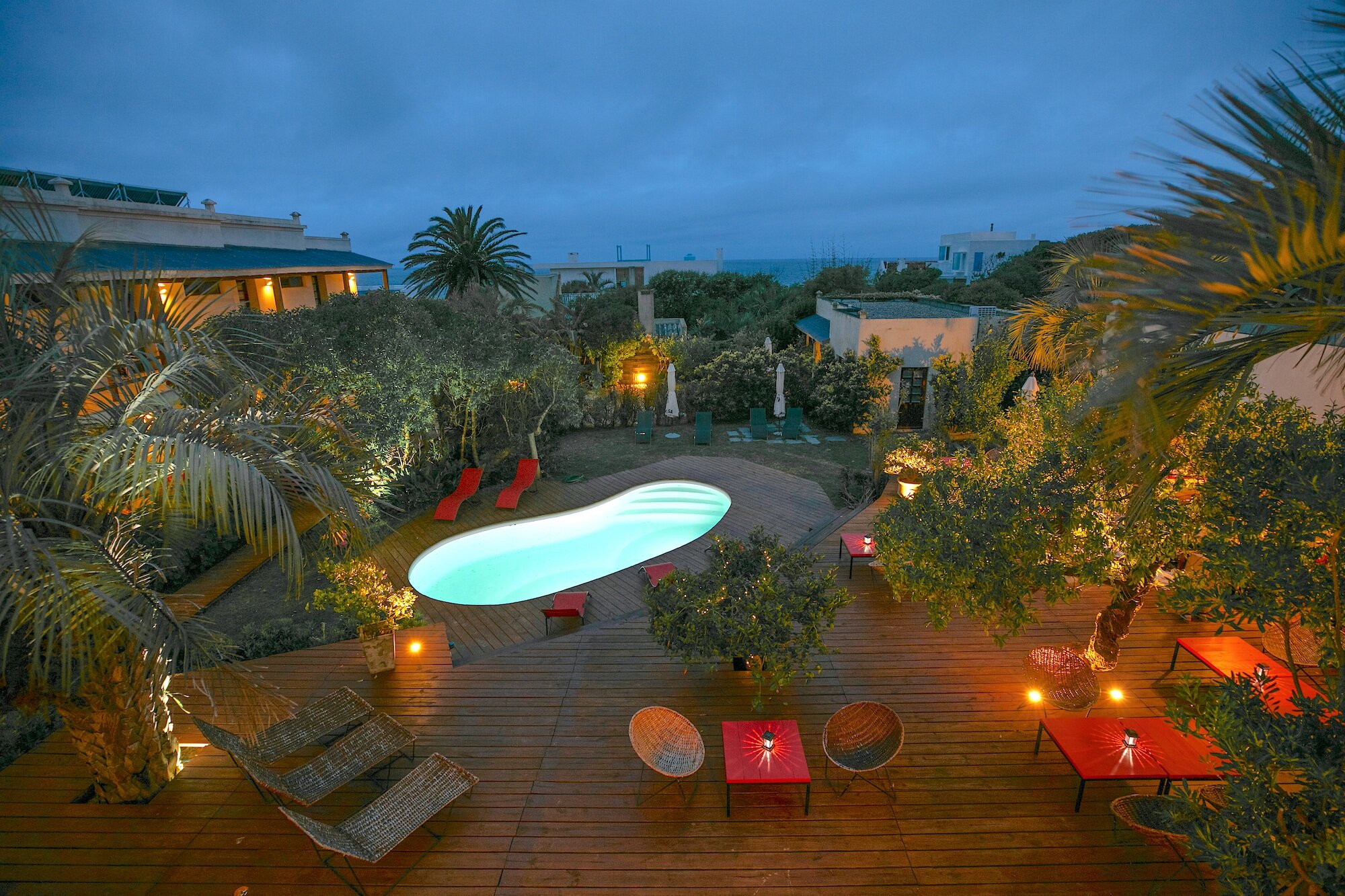
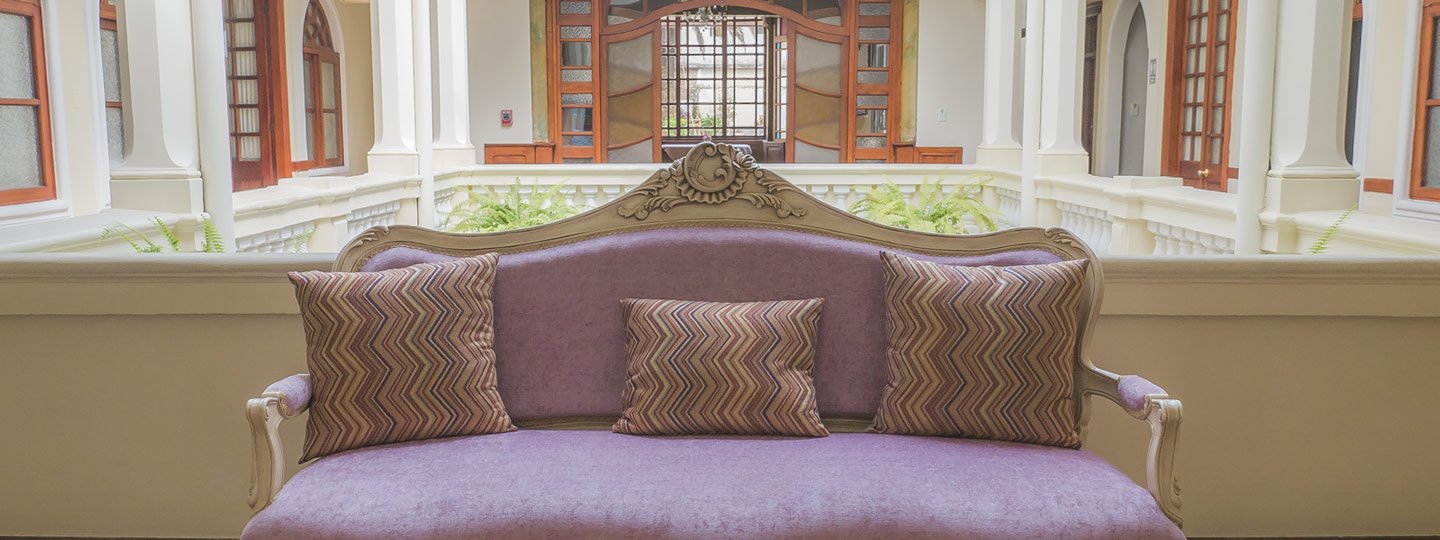
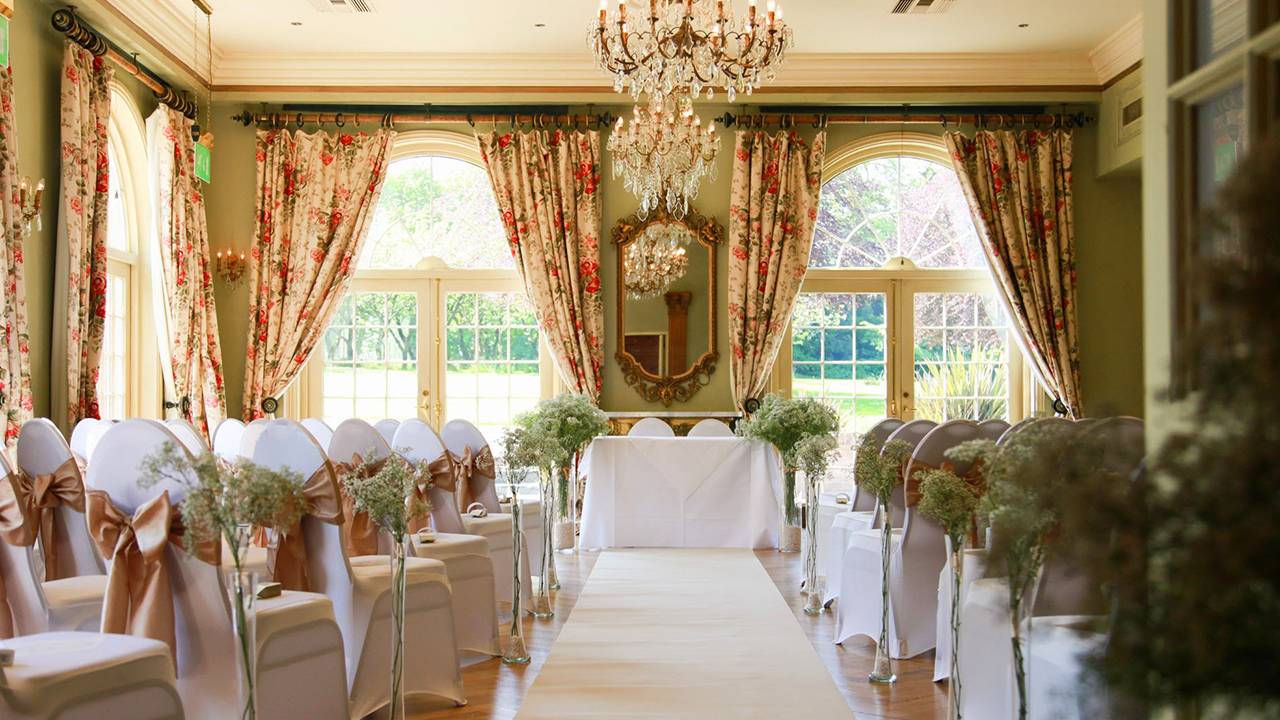
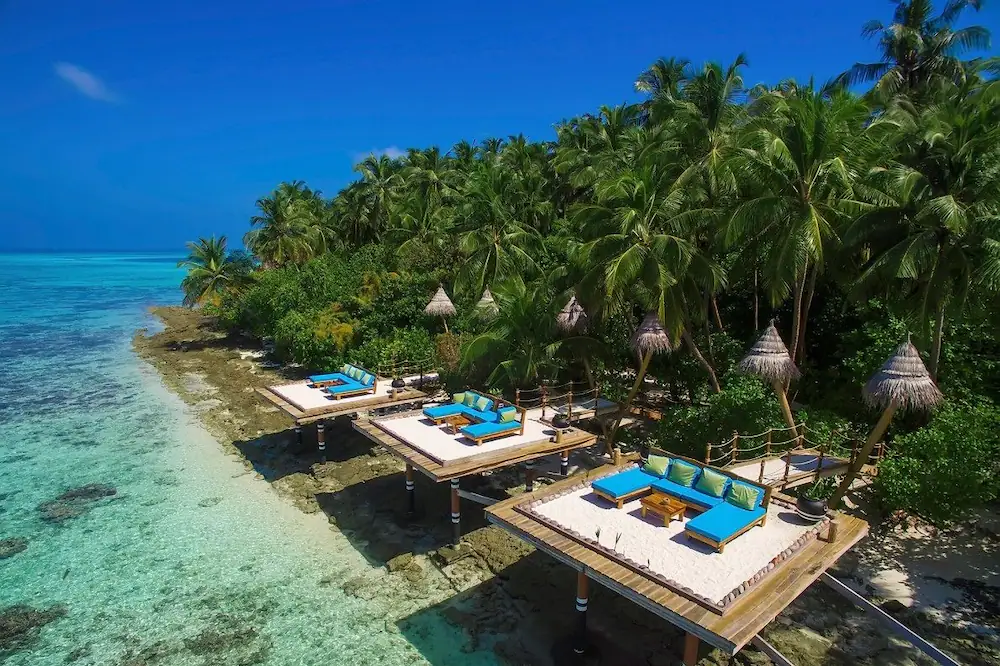
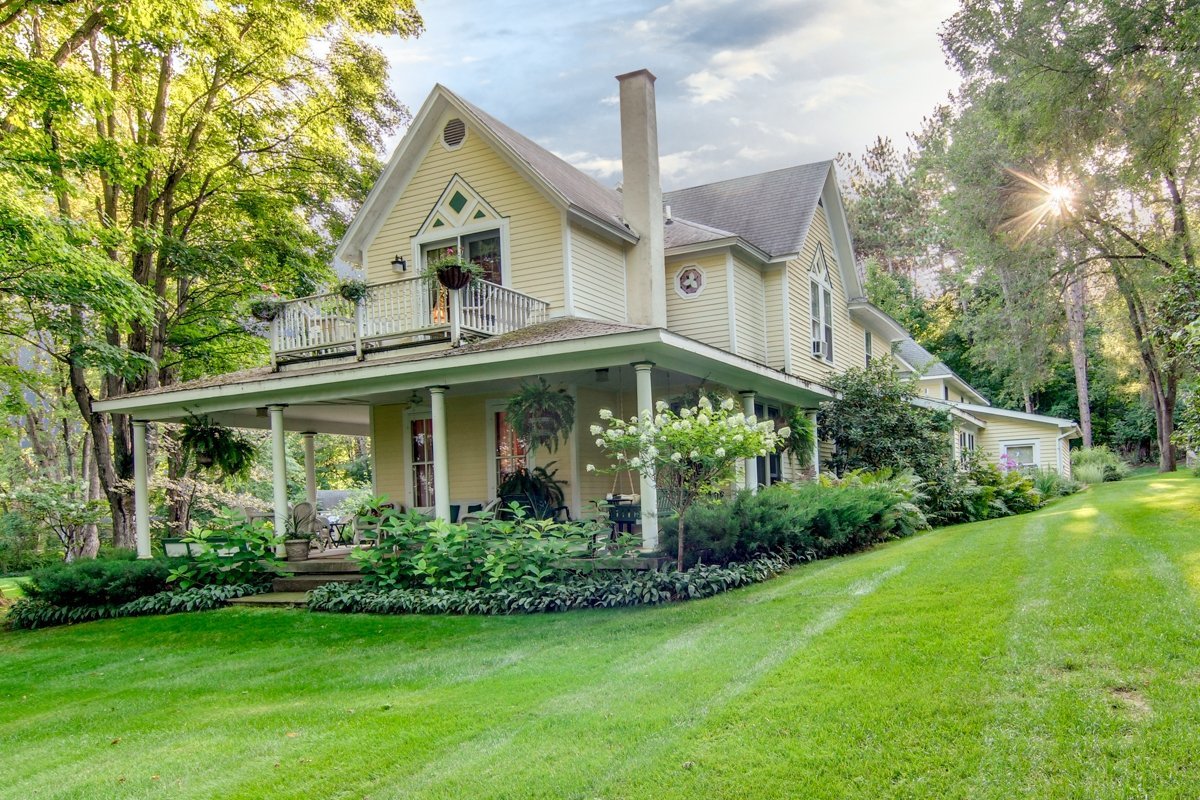
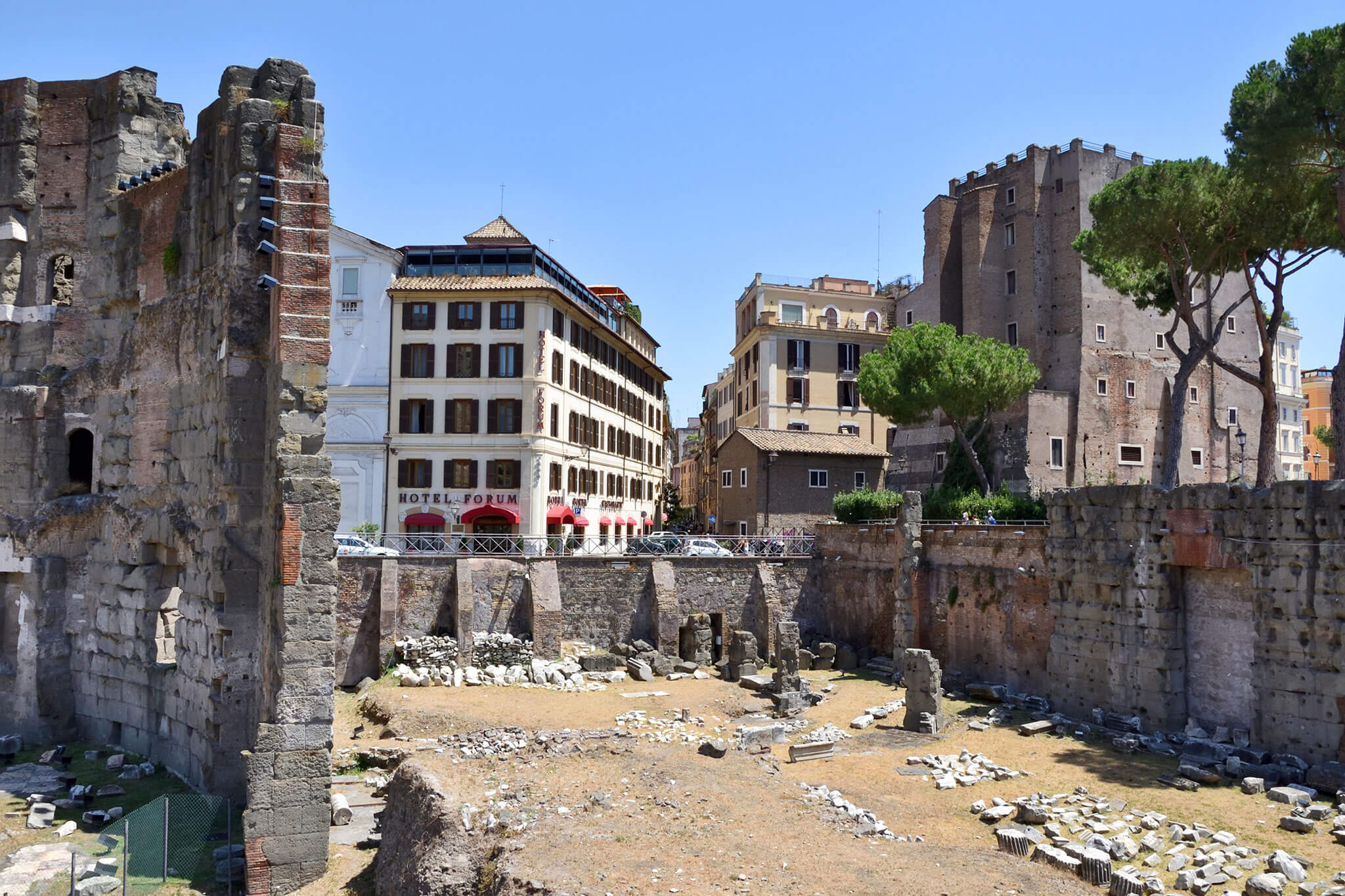
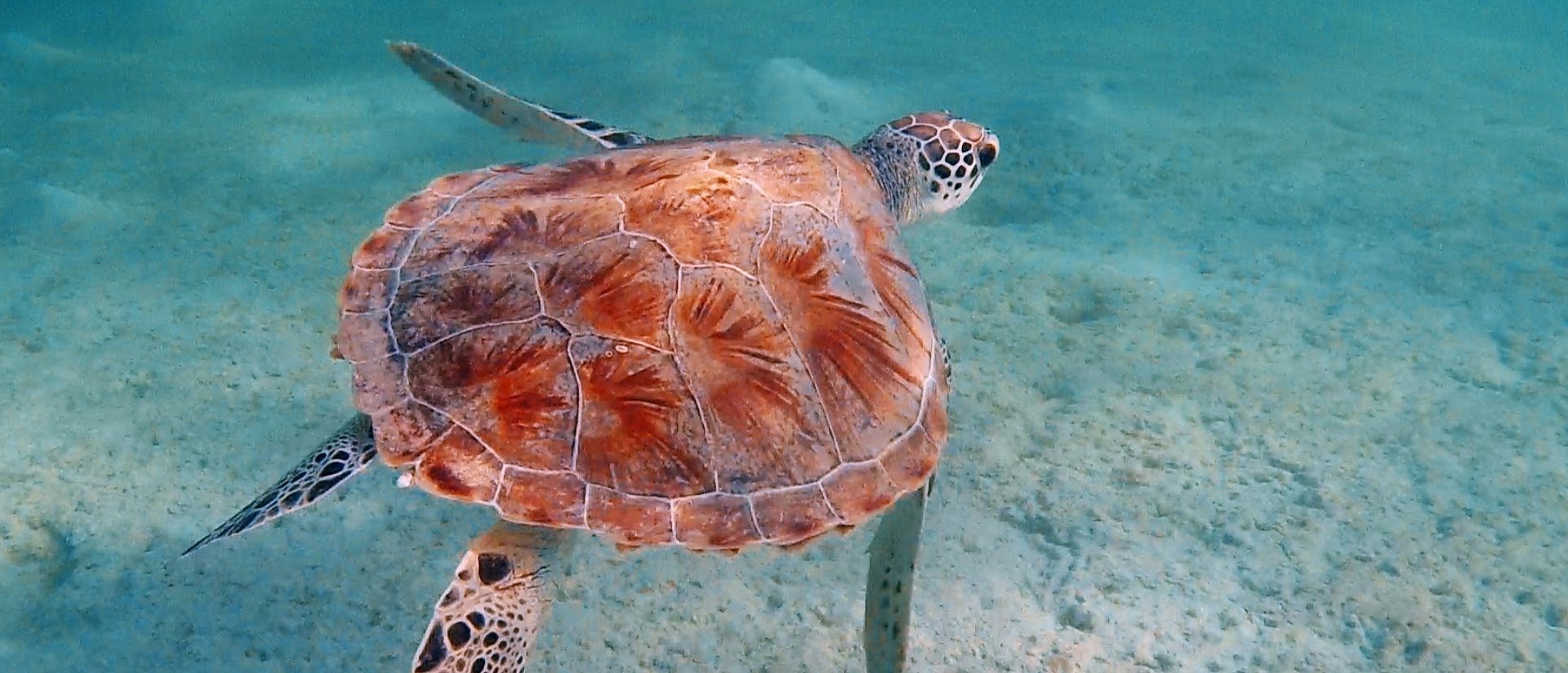
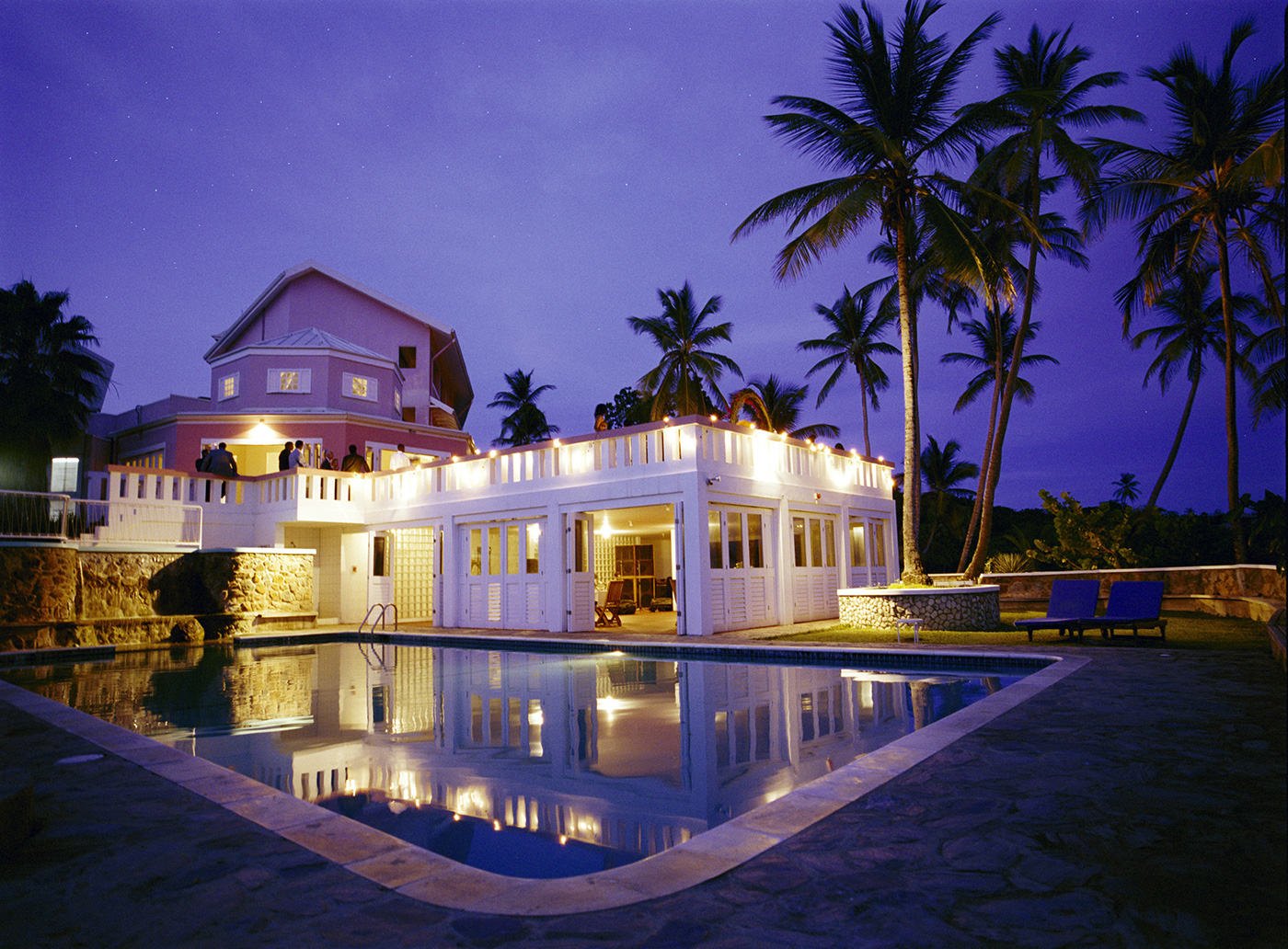
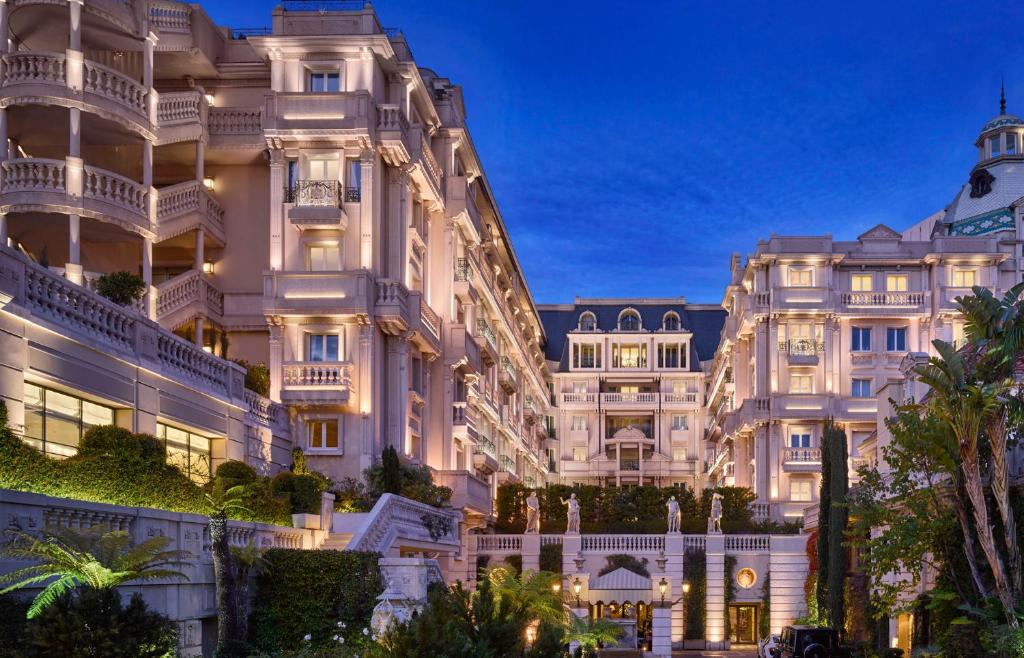
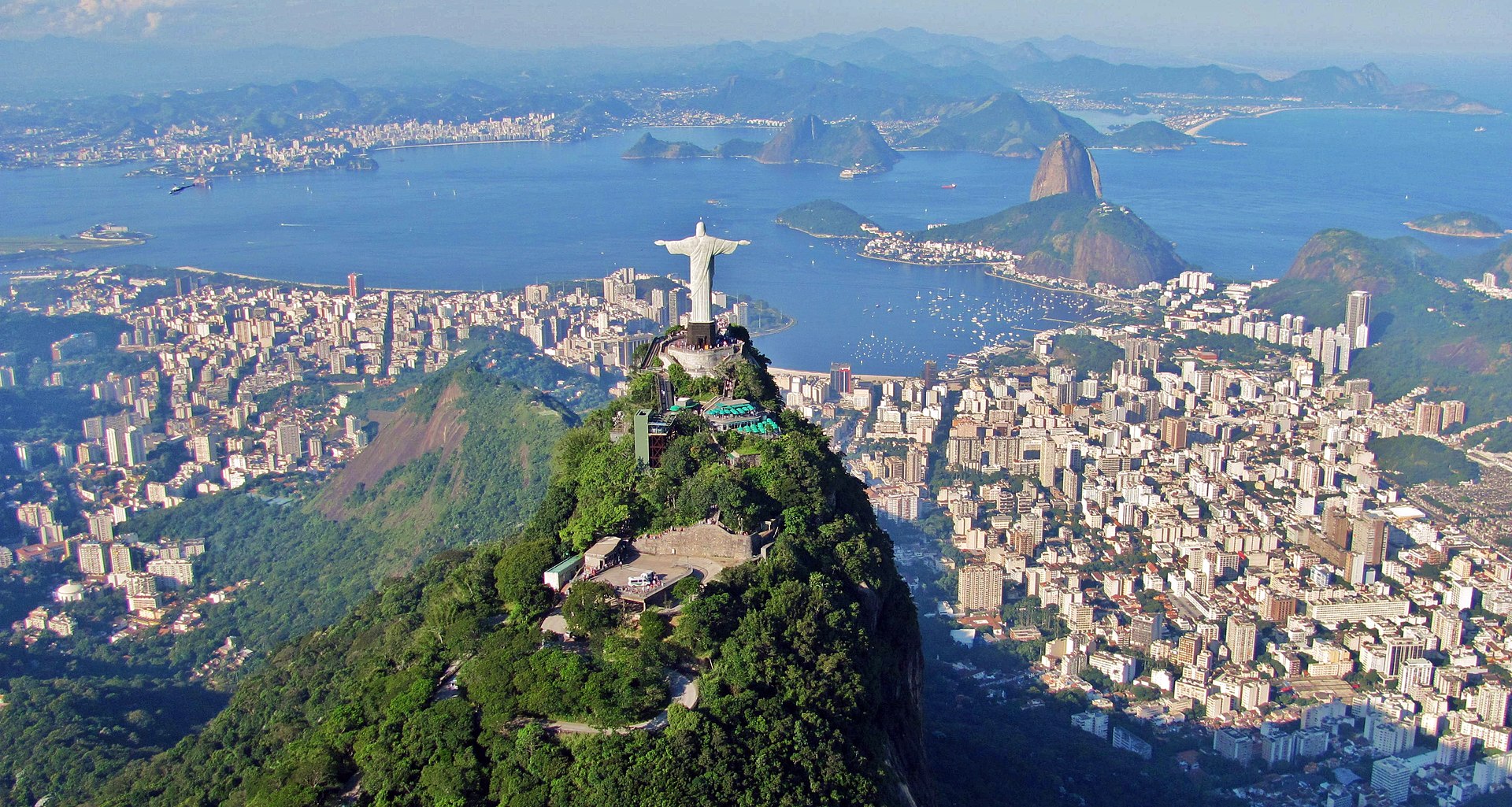
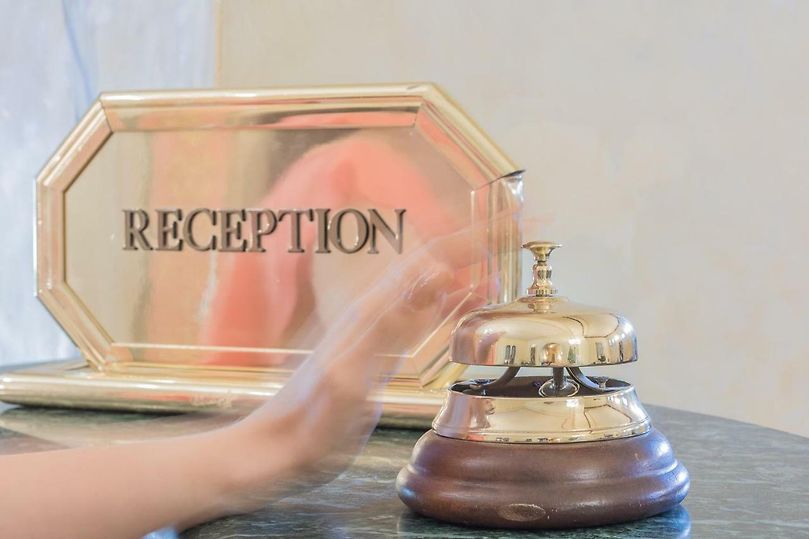
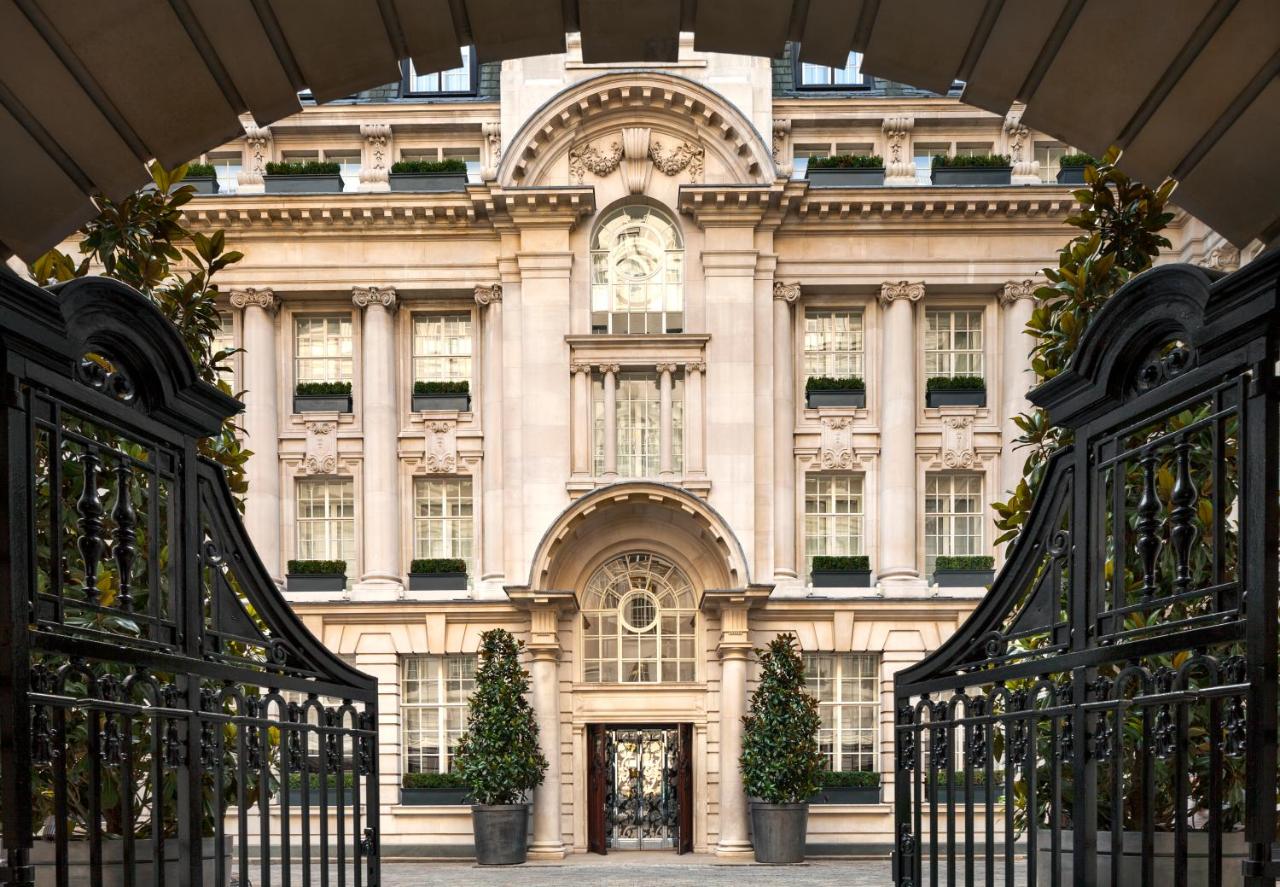
Knysna, Western Cape, South Africa
Agent: Cliff Jacobs - Managing Principal Estate Agent & CEO (Nat.Dpl.Hotel Man (UJ). M.P.R.E.)
Agent Cellphone: +27 (0) 84 413 1071 / +27 (0) 61 716 6951
Agent Office Number: +27 (0) 84 413 1071
Agent Email Address: cliff@exquisitehotelconsultants.com
Type: Boutique Hotel
Bedrooms: 18
Bathrooms: 18
Showers: 18
Parking: 25
Yield: Not Disclosed
TGCSA Rating:

Knysna
Knysna, probably from a Khoekhoegowab word ǀûn hais meaning "fern leaves" or literally "tree-hair") is a town with 76,150 inhabitants as of 2019 in the Western Cape province of South Africa and is part of the Garden Route. It lies 34 degrees south of the equator, and is 55 kilometres east from the city of George on the N2 highway, and 33 kilometres west of the town of Plettenberg Bay on the same road.
History
Early history
Forty fossilised hominid footprints, dating to about 90,000 years ago, along with various other archaeological discoveries suggest that humans have lived in Knysna for well over 300,000 years. The first of these were various San Hunter-gatherer peoples who inhabited most of Southern Africa in paleolithic. The San were gradually displaced and absorbed by south migrating Khoekhoe peoples
Houtunqua (Outeniqua) Khoe
The indigenous inhabitants of the Knysna area are a southern Khoekhoe people called the Houtunqua or Outeniqua. Their name means "The People Who Bear Honey". From the Khoekhoegowab words ‘/hao ‘honeyʼ, tun'(teni) verb ‘to carryʼ, and khoe rendered as qua meaning ‘peopleʼ.
Little is known about Houtunqua society prior to European contact. What little historical sources exist are not elaborate. It is suspected that at the height of the Houtunqua's society territory stretched from the mouth of the Krom River in the east, along the Outeniqua Mountains which bare their name, up until the mouth of the Grootbrak River in the west.
The Houtunqua seem to have remained autonomous from the Inqua (Hamcumqua) expansion in the north with smaller Khoekhoe tribes like the Gamtobaqua[13] coming into the fold of the Houtunqua to seek protection from the ever expanding Inqua to the north east. The Houtunqua were connected to trades routes with the Attaqua and Hessequa to the west.
Archaeological evidence suggests that the Houtunqua kept livestock and practiced Nomadic Pastoralism but made extensive use of the resources in mountain forests. Excavations in the region have unearthed many caves showing signs of pre-colonial occupation.The discovery of shell middens at Knoetzie beach confirms the idea that like other Khoekhoe peoples, the Houtuniqua made use of the ocean for its resources.
Oral tradition among the Houtunqua tells how the Houtunqua held specific superstitions about Europeans and believed them to be "baleful spirits". Thus the Houtunqua went out of their way to avoid contact with Europeans. Where other Khoekhoe tribes established formal relations and trade with Europeans, the Houtunqua receded deeper and deeper into the mountain forests. As a result the Houtunqua disappeared from the historical record for some time with some Houtunqua eventually assimilating into colonial society of the time. Chief Dikkop, who died in 1816, was the last recorded Chief of the Houtunqua.
European settlement
The first Europeans arrived in the area in 1760, and the farm Melkhoutkraal (literally translating from Afrikaans as 'milk wood kraal’) was established on the eastern shore of the Knysna Lagoon. Stephanus Terblans, the first European farmer to settle in the area, was given a loan permit to farm here in 1770.
Upon moving to Knysna George Rex, a British-born entrepreneur credited as being the founder of Knysna, acquired the loan rights to Melkhoutkraal in 1804 and later, in 1816, to the farm Welbedacht, which he renamed Eastford. He gave 80 acres (32 ha) of Eastford to the Colonial Government, on which the Royal Navy established the township of Melville. Rex’s properties were sold when he died in 1839.
In April 1817, the transport brig Emu, belonging to the Cape Town Dockyard, was the first European vessel to enter the Knysna heads. She struck a rock, now known as Emu Rock, and was holed. Her crew ran Emu ashore to prevent her sinking. In late April HMS Podargus arrived to render assistance. After surveying the area, Podargus sailed safely into the Knysna and retrieved Emu's cargo.
The next major settler in Knysna was Captain Thomas Henry Duthie, who married Caroline, George Rex’s daughter, and bought a portion of the Uitzigt farm from his father-in-law which Rex had named Belvidere. The construction of a small Norman-style church was commissioned by Duthie on his property, and was consecrated in 1855. The settlement’s population grew slowly, and Englishmen such as Henry Barrington and Lt. Col. John Sutherland, who established the settlement of Newhaven on a portion of purchased land, settled in the area. At the time, Knysna was a field cornetcy of Plettenberg Bay within the Magisterial Division of George. In 1858, Knysna became a separate Magisterial Division, new stores and accommodation facilities were opened, and Knysna became the new commercial centre of the region.
On their way to New Zealand, the Thesen family who were travelling from Norway fancied the little hamlet of Knysna so much that they decided to stay, bringing with them their knowledge of commerce and sailing. Soon, timber was being exported to the Cape from the vast areas of forest surrounding Knysna, and a steam sawmill and small shipyard were established. Later, these were relocated to Paarden Island, later known as Thesen's Island.
Millwood Gold Rush
Knysna's timber industry peaked when George Parkes arrived from Britain and saw the opportunity to use the hardwoods of the Knysna Forest for export to elsewhere in the country, and even overseas. He established the Knysna Forest Company, later renamed Geo. Parkes and Sons Ltd., which is still trading to this day.
Geography
The town is primarily built on the northern shore of a large warm-water estuary, known as the Knysna Lagoon, which is fed by the Knysna River. The estuary opens to the ocean after passing between two large headlands. These are popularly known as "The Heads", and have become infamous due to the loss of boats and fishermen passing through their treacherous and unpredictable waters. The Paquita, a German vessel, sank on the eastern side of the Knysna Heads in 1903. Near them are geological formations, known locally as "The Map Stones." To the north of Knysna, Afro-Montane or temperate rainforest covers the hilly terrain for 20 km until changing to fynbos or macchia high in the Outeniqua Mountains. The eastern head is heavily developed, while the western head is a private nature reserve, formerly owned by teacher and television presenter William Smith. which he inherited from his father, famed ichthyologist J. L. B. Smith.
Climate
Knysna has an oceanic climate (Cfb in the Köppen climate classification). Summers are warm and winters mild. During the summer, the average maximum temperature reaches about 25 °C (77 °F) and rarely goes above 30 °C (86 °F). The average maximum temperature during the winter months ranges in the area of 17 °C (63 °F) to 18 °C (64 °F). Knysna has one of the richest rainfall percentages in South Africa with the wettest time of year being between June and August. Knysna stays green in all seasons, and its temperate climate makes it a tourist destination all year round.
About Us
The luxuriously appointed Suites & Rooms offer spectacular views across this peaceful lagoon to the dramatic Knynsa Heads or over the magnificent 3 acre gardens.
Whether you stay in the Manor or the Courtyard, all the rooms and suites feature en-suite bathrooms, mini bars, tea/coffee making facilities, satellite (DSTV), television, safes, direct-dial telephones, bath robes and hairdryers. Should you require adaptor units, all international adaptors can be requested from reception.
The magnificent gardens offer peaceful walks, large Koi pond, 2 swimming pools, croquet, and angling off the private jetty.
We offer canoes for those who wish to explore this fascinating eco-system on their own.
We provide a unique experience of Knysna and its surround while paying attention to every detail of your stay.
Our policy is one of total exclusivity, privacy, security and dedication to personal service. A privately owned establishment, we set new standards in service and luxury facilities.
Luxury Accommodation
Manor House Suites: Lagoon views
After taking breakfast in our airy, light-filled dining room - with its views of the Lagoon and our Manor House gardens - the hardest decision you’ll have to make while you’re here may well be deciding where to base yourself for the day:
… But if you’d prefer to spend your time exploring Knysna and the Garden Route - well, our staff will happily advise you, and help make your bookings for local adventures, golf, and other attractions.
We’re here to make your stay as comfortable as possible!



































Cliff Jacobs (Nat Dpl Hotel Man (UJ). MPRE. GA Level 5 TEFL) Managing Principal / CEO Exquisite Hotel Consultants (Pty) Ltd Mobile: +27 (0) 84 413 1071 (WhatsApp only) / +27 (0) 61 716 6951 (WhatsApp only) Email: cliff@exquisitehotelconsultants.com Web: https://www.exquisitehotelconsultants.com © All rights reserved Terms and Conditions apply Scroll down to view our Hospitality Properties and Businesses for sale or lease or lease-to-buy or partnership arrangement or management agreement arrangement